
Better Than Flax Oil for Horses - A New Type of Flax Supplement
Flaxseed, recognized for its wealth of omega-3 fatty acids, especially alpha-linolenic acid (ALA), holds a revered place in equine diets. While traditionally harvested in cooler climates like Canada, North Dakota, and Montana, not all flax products are created equal. Many horse owners face challenges with flax oil and ground flax supplements—problems that could potentially undermine the health benefits these products are supposed to offer.
Shop Natural Horse Supplements
Article Contents
-
Flaxseed - Nutritional Overview
-
Core Challenges with Traditional Flax Products
-
A Superior Alternative
-
More Than Just an Omega-3 Supplement
-
Horse Gut Health Support
-
Holistic Nutritional Approach
-
Directions for Use
-
Evolved Equine Nutrition
Understanding Flaxseed: A Nutritional Overview
Flaxseed, from the Linum usitatissimum plant, provides a balanced source of nutrients critical for equine health. With approximately 50% fat, 30% fiber, and 20% protein, flaxseeds offer more than just omega-3 fatty acids; they deliver a substantial amount of protein and fiber. This composition helps balance omega-6 fatty acids commonly found in commercial feeds and hay.
Core Challenges with Flax Oil and Ground Flax
To understand better why this once popular superfood has fallen from grace in recent years we need to take a closer look at the chemistry of the seeds, the manufacturing process and the biochemistry of nutrition.
1. Oxidation and Rancidity
Flax products, particularly oil and ground seeds, are prone to rapid oxidation when exposed to air, leading to nutrient degradation and potential rancidity. This oxidative process can transform healthy supplements into potentially harmful agents, diminishing their overall nutritional value and efficacy.
Oxidation is a phenomenon in chemistry wherein two substances exchange electrons. This interaction is unavoidable when things are exposed to the oxygen in the air, it is a fundamental part of the chemistry of our universe.
When it comes to food, oxidation degrades and changes the molecular chemistry of nutrients. Consider an apple, when an apple is cut into pieces and left out exposed to room air, over time the meat of the apple will turn brown. This change of color happens when all of the Vitamin C in the apple meat has been destroyed. This is an example of oxidation changing the molecular chemistry of the apple. Another example of food oxidation is when oils turn rancid. When oils become toxic and devoid of nutritional benefits they are said to have become rancid. Oils become rancid through two mechanisms of action: 1) Oxidation (which we just discussed) and; 2) by being exposed to too much heat.
2. Heat and Friction from Processing
The mechanical process of grinding flaxseed generates significant heat due to friction, degrading valuable nutrients. Similarly, the extraction of flax oil often involves temperatures that denature the beneficial oils. Seed Oil presses around the world use outdated pressing technology from the 1950’s. Every company in the world uses this technology, except for one. You can read more about Andreas Seed Oils Patented Pressing technology Here.
The short version is this: most oil seed presses require the raw materials to be ground before pressing (oxidizing the raw material and generating heat during the grinding process). These old presses also create a lot of heat in the form of friction during the pressing process, further degrading the nutrients in the oil and seed cakes.
Side note: “cold-pressed” is an unregulated term, meaning there is no upper limit to the temperature an oil press can reach that would negate the title “cold-pressed” (the title is simply in reference to the style of pressing). Some “cold-pressed” oils reach dangerously high temperatures during the manufacturing process.
Lastly, consider the transportation and storage of Flax Oil once pressed. Do you know how much more it costs to ship products across the country and around the world in refrigerator transports? Are you willing to bet your Flaxseed oil company has ponied up for that extra cost? Chances are they probably didn’t. So, Even though you are refrigerating your flaxseed products now, the chances are at some point, whether during the manufacturing process and/or during the transportation and storage phase, your flaxseed product was likely heated to damaging levels before you ever got your hands on it.
3. Beware “Stabilized” Flax Products
Many flax product manufacturers use the term “stabilized” to describe their products that are “safe to store at room temperature” or claim “improved shelf life.” As we just learned, oxidation and heat directly impact not only the quality and quantity of nutrients contained in flax products but also the safety of these supplements. Once flaxseed supplements and flax oils oxidize and/or are heated to a certain level, these once healthy super-seeds can actually become toxic and rancid.
To compensate for this, manufacturers have begun to “stabilize” ground flax products as well as flaxseed oils. Unfortunately, the “stabilizing” process can further degrade the nutritional benefit and may even introduce new damaging effects for the consumer.
One prevailing theory is that the antioxidant levels of the flax seeds will “protect” flax products from oxidation and degrading. However, the antioxidant capacity of the flax products is limited. As soon as the flax seeds are ground those antioxidants start to battle oxidation and once the antioxidants run out, oxidation starts to take over. Think back to the apple turning brown example, the longer the apple is exposed to oxygen the more it turns brown. Furthermore, heat generated during the grinding, pressing and storage process also accelerates the defeat of the naturally occurring antioxidants. Once the antioxidants run out, much like the apple turning brown, the nutritional benefits of the flax products are destroyed.
Some manufacturers admit, albeit indirectly, that the naturally occurring antioxidant protection is insufficient to preserve the nutrition and safety of the product all of the way to the consumer. You can see this admission when products claim to be “stabilized.” This is an additional process products go through during manufacturing to extend shelf life. Unfortunately, this process can actually degrade more nutrients and may even introduce more damaging effects.
For some manufacturers, they “stabilize” their product by heating it to a certain temperature to kill off the “enzymes” that cause products to spoil. The problem is Omega-3 fats and antioxidants (you know, the main beneficial nutrients you are seeking out when purchasing a flax product) are some of the first things that get destroyed when heated.
Another way products, specifically seed oils, are “stabilized” is by adding synthetic antioxidants. The synthetic antioxidants most commonly used to stabilize volatile seed oils are TBHQ, BHA and BHT. Some of these compounds might sound familiar. If you didn’t know, these compounds are extremely dangerous and have been linked to stomach tumors, liver tumors, liver enlargement, neurotoxicity, convulsions and paralysis in animal models. Why are these compounds not listed on the label? Good question! The answer is they are a part of the manufacturing process and not an “ingredient” thus are not required to be on the label.
4. Poor Digestibility of Whole Flaxseed
With all of these complications surrounding most flax products, it's logical to think whole flaxseeds are the best choice. Unfortunately, whole flax seeds often pass through a horse's digestive system undigested due to their hard outer shells, which can prevent the absorption of vital omega-3 fatty acids and other nutrients. This makes whole flaxseed not very effective as a dietary supplement unless you grind it fresh every day and feed it to your horse immediately after grinding
Evolved Remedies Flax Seed Press Cake: A Superior Alternative

Recognizing these widespread issues, Evolved Remedies offers a solution: Organic Flax Seed Press Cake—a product designed to overcome the shortcomings of conventional flax oil and ground flax supplements. Here’s why it stands out:
Enhanced Nutrient Absorption:
- The patented (and minimal) processing of Flax Seed Press Cake ensures that nutrients are not only preserved but are also more bioavailable, allowing for greater efficacy even in smaller quantities.
- Organic Flax Seed Press Cake combines the nutritional value of whole flax seeds with the ease, convenience and absorbability of ground flax products.
Stability and Longevity:
- Unlike flax oil or ground flax, which can quickly degrade, Flax Seed Press Cake is stable and has a longer shelf life without the need for refrigeration or synthetic additives.
- Due to its patented manufacturing process, Organic Flax Seed Press Cake can be stored at room temperature, has an incredibly long shelf life and does not require any special preparation or storage. Simply add the desired number of scoops to your horses daily rations.
Complete Nutritional Profile:
- In addition to omega-3 fatty acids, the Flax Seed Press Cake offers a high concentration of proteins, fibers, and essential minerals, supporting overall health from coat quality to gastrointestinal function.
Organic Flax Seed Press Cake, More than an omega-3 supplement
Yes, Evolved Remedies Organic Flax Seed Press Cake does offer omega-3 fatty acids but it is the additional benefits that horse owners are most excited about.
Fiber Supplement Substitution and GI Tract Support
Thanks to the high concentration of fiber per dose, Flax Seed Press Cake has been successfully used and reported to effectively replace the need for other fiber supplements like psyllium husk. Simplifying your feeding routine, ultimately saving you time and money by eliminating redundant supplements.
Additionally, when Flax Seed Press Cake is exposed to liquid, like that of a horse GI Tract, it blossoms and grows into a gelatinous plume. As this substance slides through the horse's GI tract, it has an incredible ability to grab onto and pull foreign substances like dirt, sand, gravel or twine out of the horse's intestines safely. Organic Flax Seed Press Cake is more condensed than ground flax seeds and thus creates a more dense and effective GI Tract sweep as it passes through.
Most horse owners report improved gut sounds after starting their horses on Flax Seed Press Cake. Many horse owners also report the initial manure piles from their horses once they start Flax Seed Press Cake, are sometimes weird colors and/or clearly containing strange and foreign substances. These abnormal manure piles subside with continued use, in fact, abnormally colored manure piles and manure containing sand, gravel or twine are indicators that your horses GI Tract contained potentially dangerous foreign substances and Evolved Remedies Organic Flax Seed Press Cake is working to safely remove the issue.
Embracing a Holistic Nutritional Approach

Evolved Remedies Flax Seed Press Cake addresses the nutritional needs of horses by maximizing absorption, minimizing waste, and maintaining the natural integrity of the nutrients. For horse owners seeking a reliable and effective alternative to flax oil and ground flax, this product offers a comprehensive solution that supports equine health from the inside out.
Try Evolved Remedies Flax Seed Press Cake today and witness the transformative health benefits in your horse. Join our community of satisfied customers who have seen significant improvements in their horses’ vitality and overall well-being!
Recommended Dosing Directions for Evolved Remedies Organic Flax Seed Press Cake
As with any new supplement, you should start with 20g (2 enclosed scoops) per day and gradually work your way up, depending on the season and conditions your horses are exposed to. For instance, during the drier, hotter months or if you notice that the forage you give your horse is particularly dusty, we recommend up to 40g (4 scoops) per day. Similarly, during the wetter, colder months when horses aren’t exposed to as much dust and dirt, 20g/day should suffice.
Evolved Equine Nutrition
If you really want to elevate your horse's nutrition, consider pairing the Flax Seed Press Cake with our most popular superfood supplement for horses, Organic Black Cumin Seed Press Cake.
Black Cumin Press Seed Cake offers a long list of benefits including skin, hair and hoof support, mild calming, natural fly repellent and more. Black Cumin Seed Press Cake offers a nice complementing balance of nutrients when paired with Flax Seed Press Cake. In fact, this is the combination of products we recommend for most horse owners, it is the combination we use on our horses here on our farm and it is the most popular combination horse owners switch to when they transition their horses supplement program to organic superfoods and away from synthetic, lab-manufactured supplement powders and pellets.
If you want to learn more, we have written many blog articles about the benefits of Black Cumin Seed Press Cake for horses, including: Can horses eat Black Cumin Seeds? and The Best Horse Hoof Supplement.



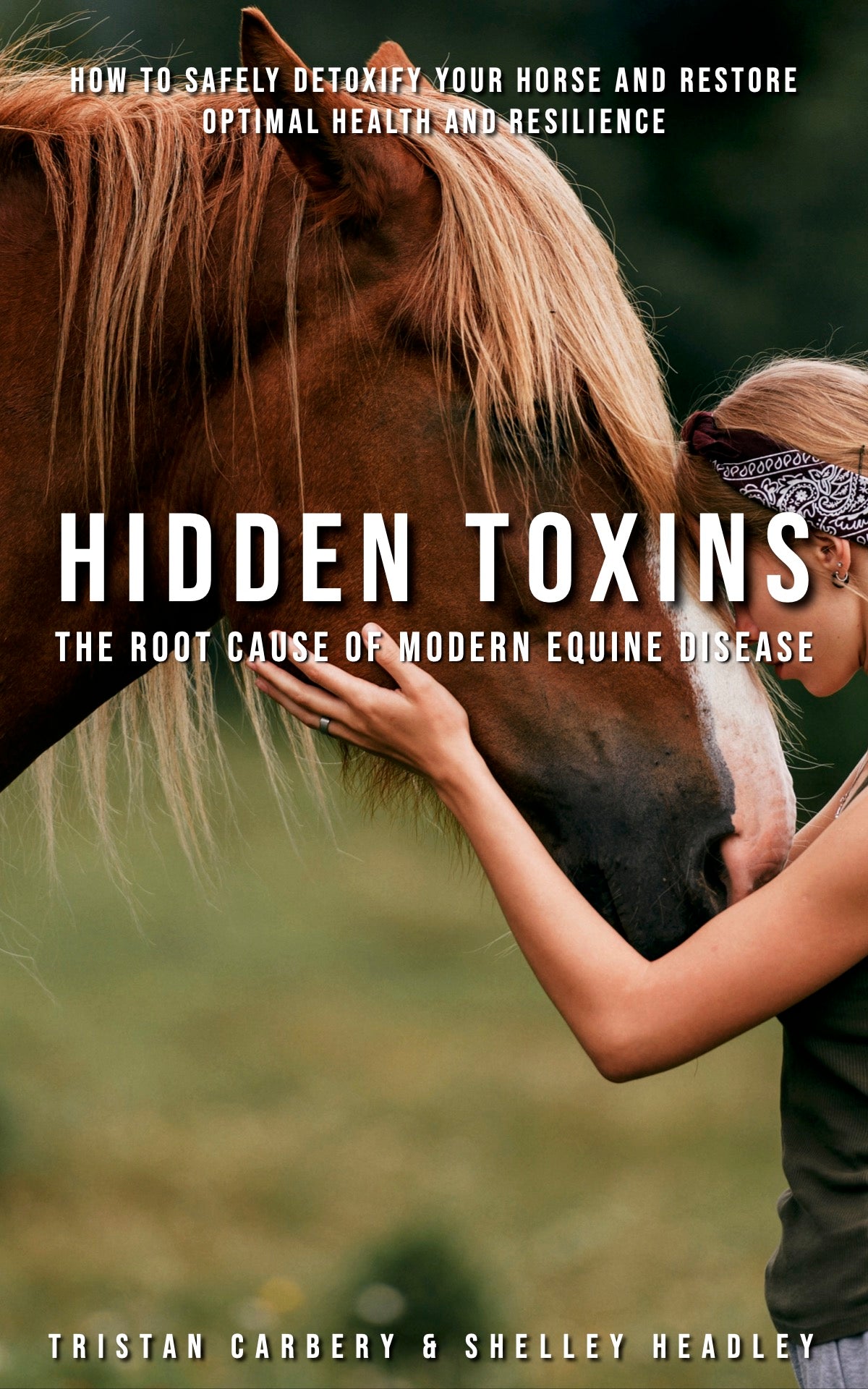

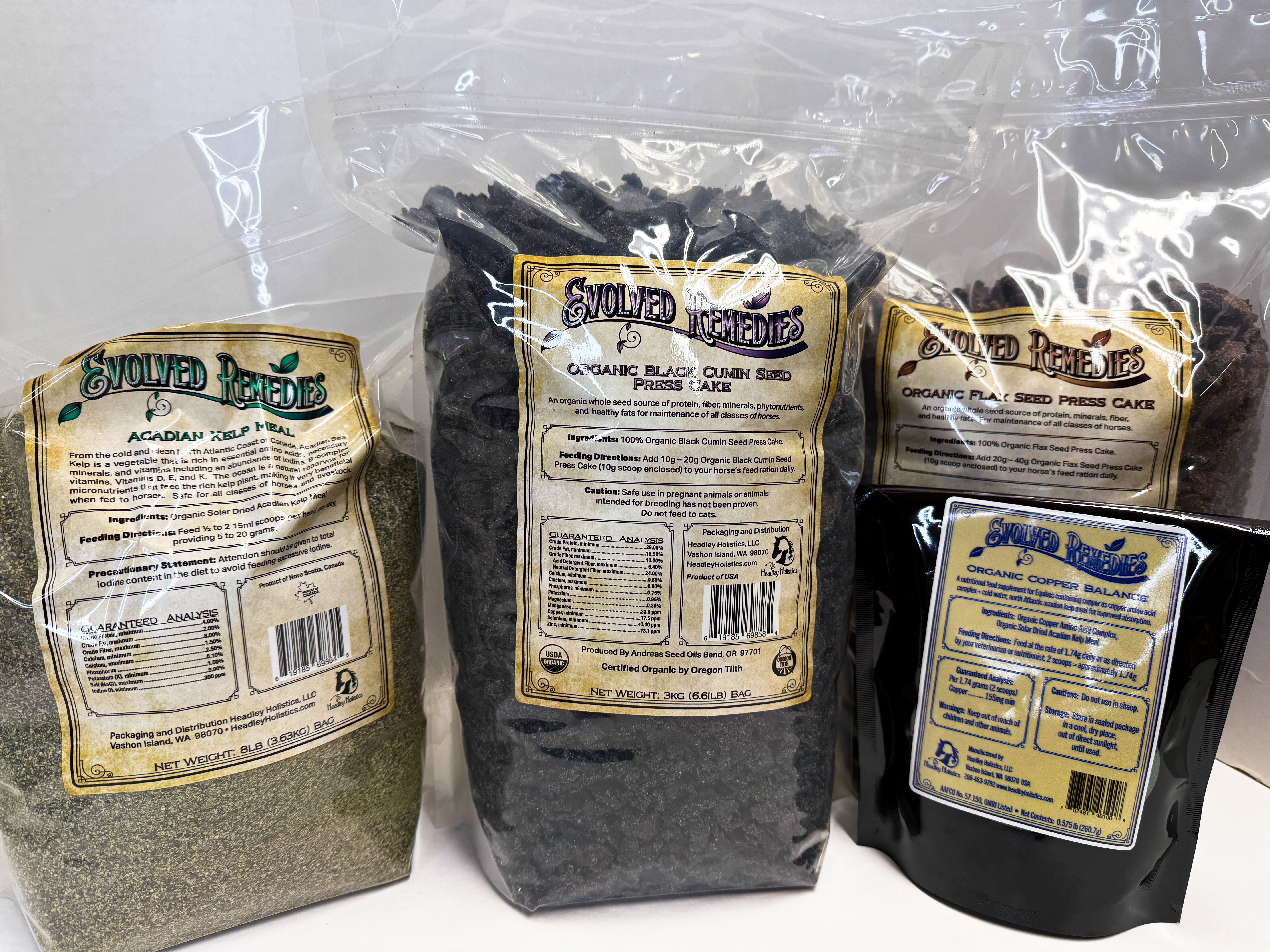
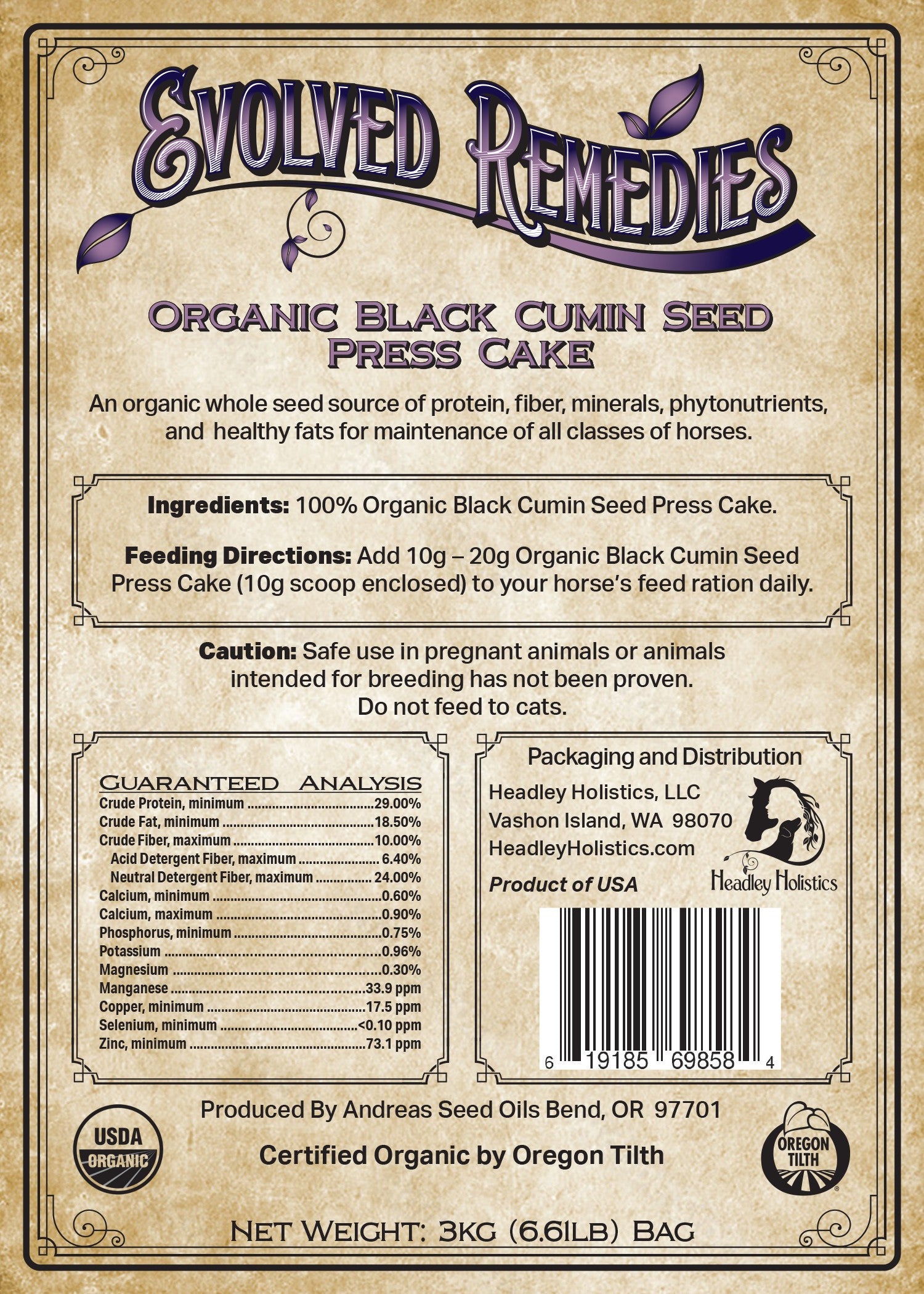
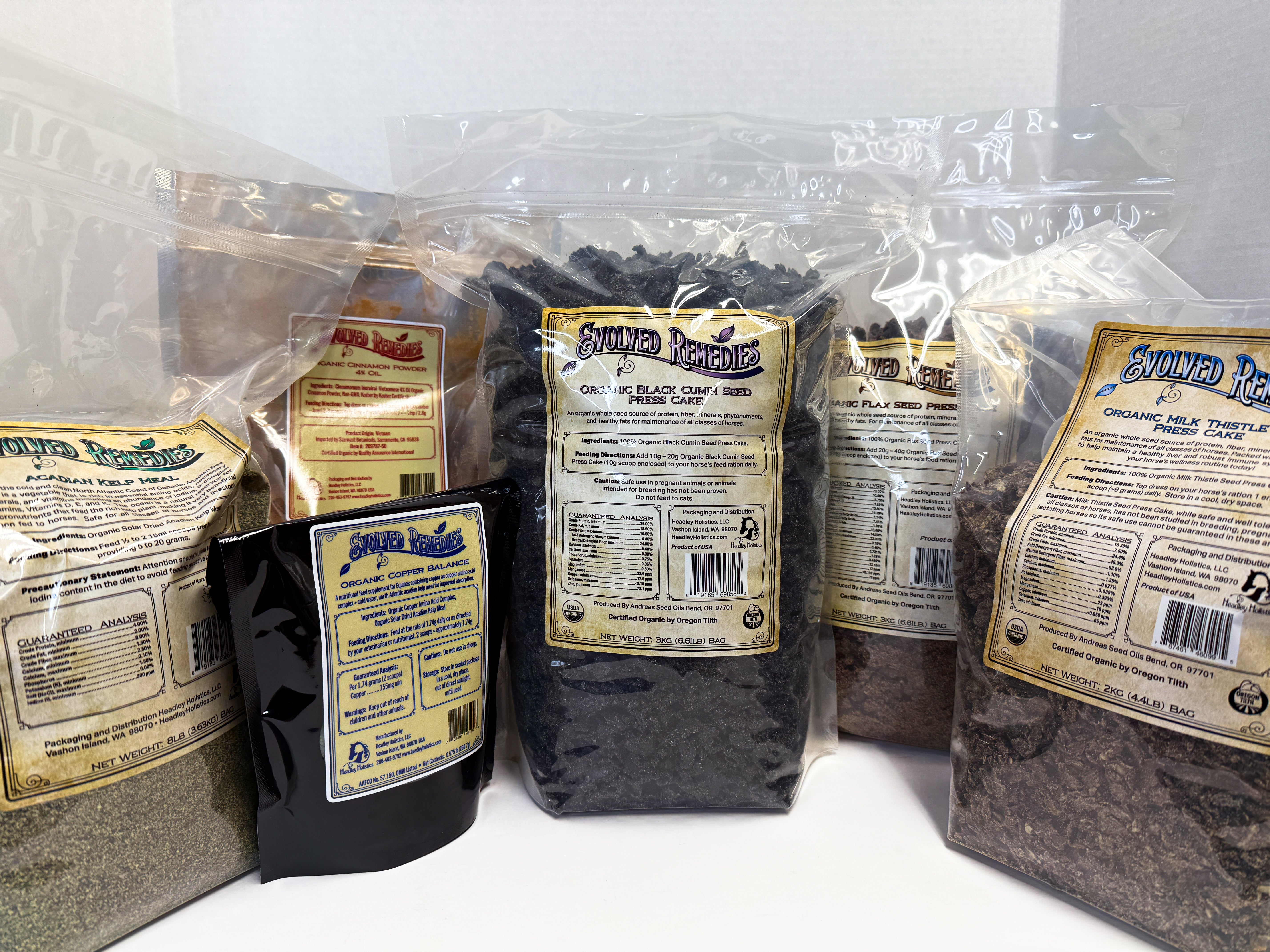
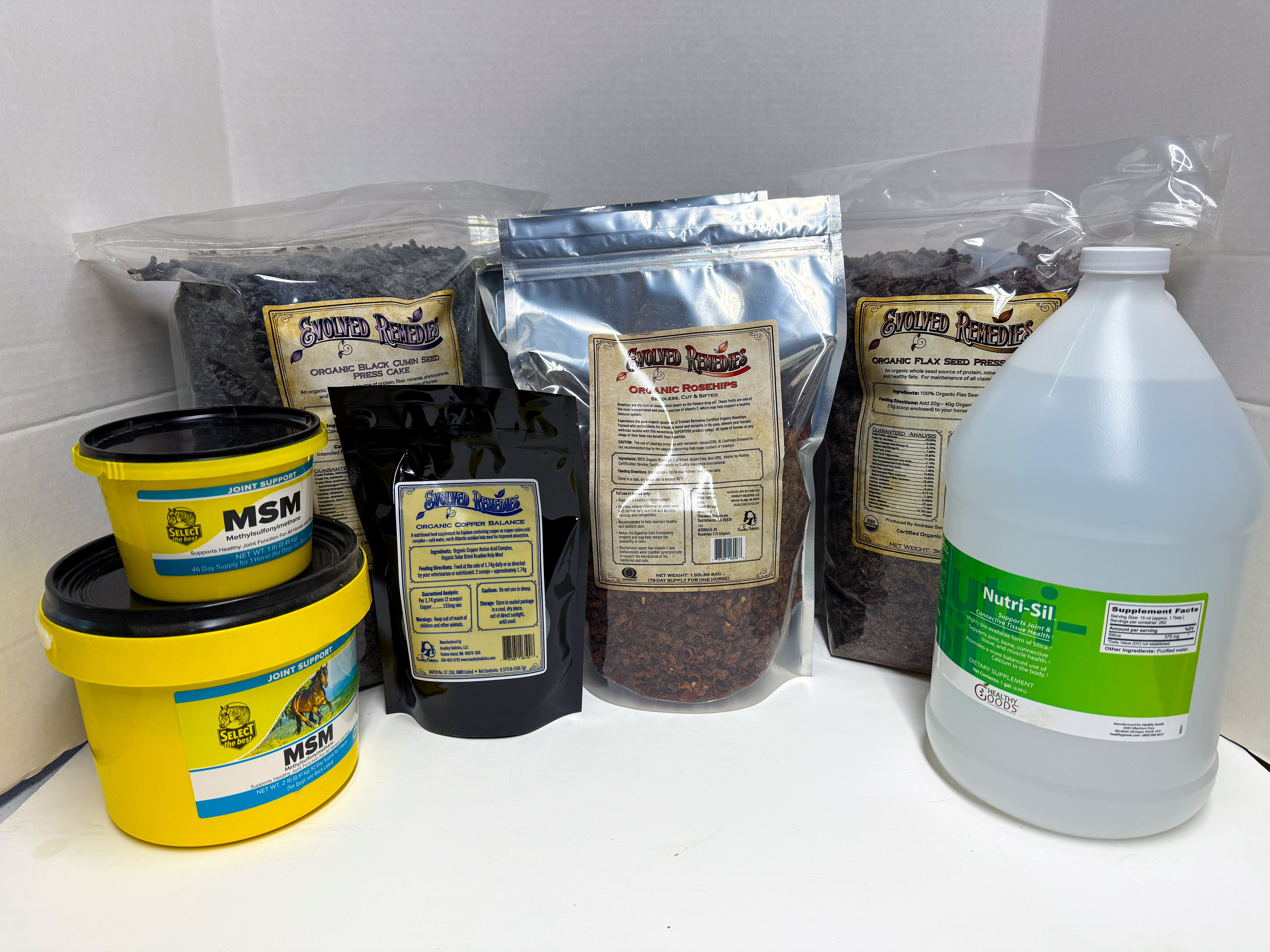
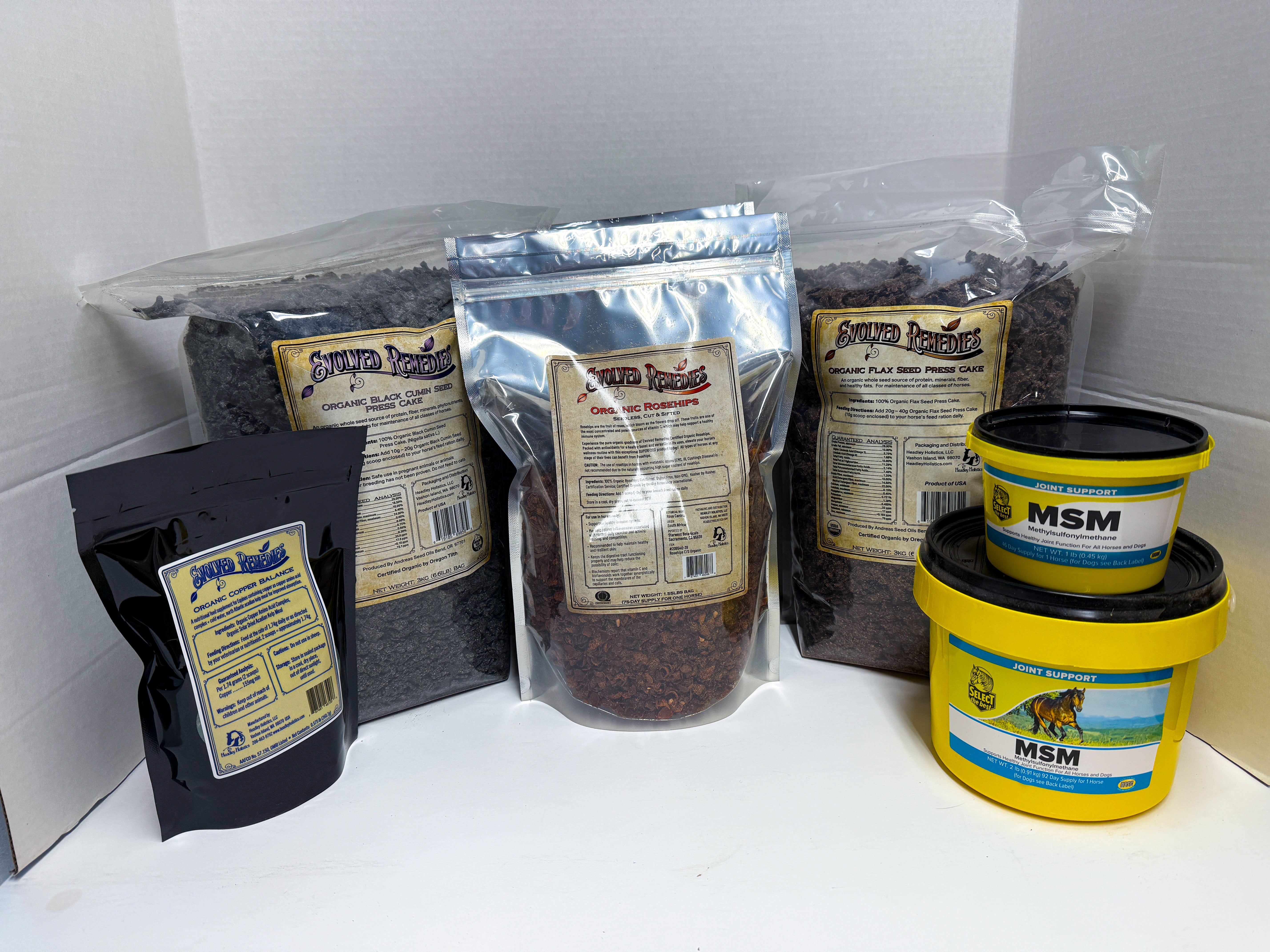
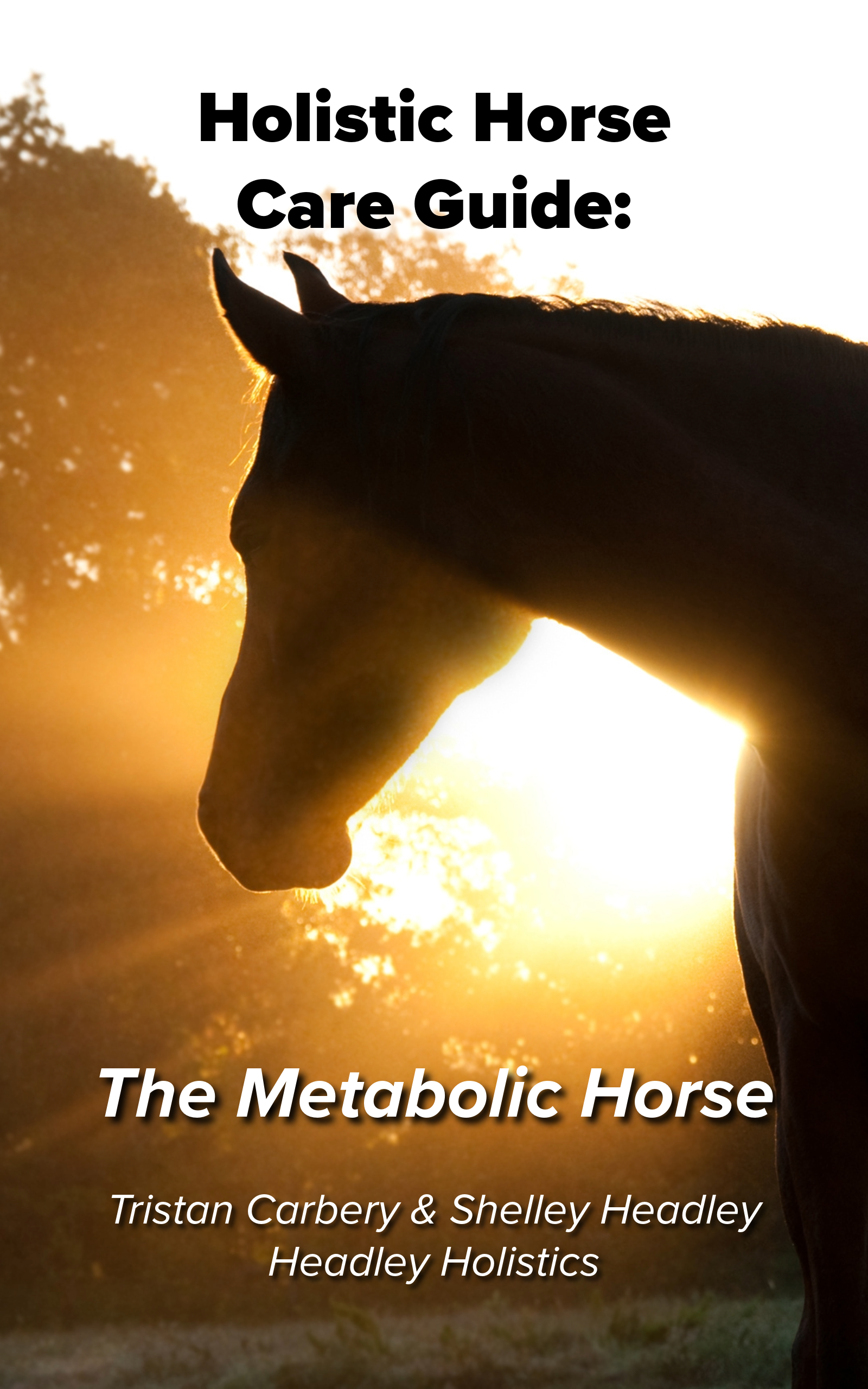

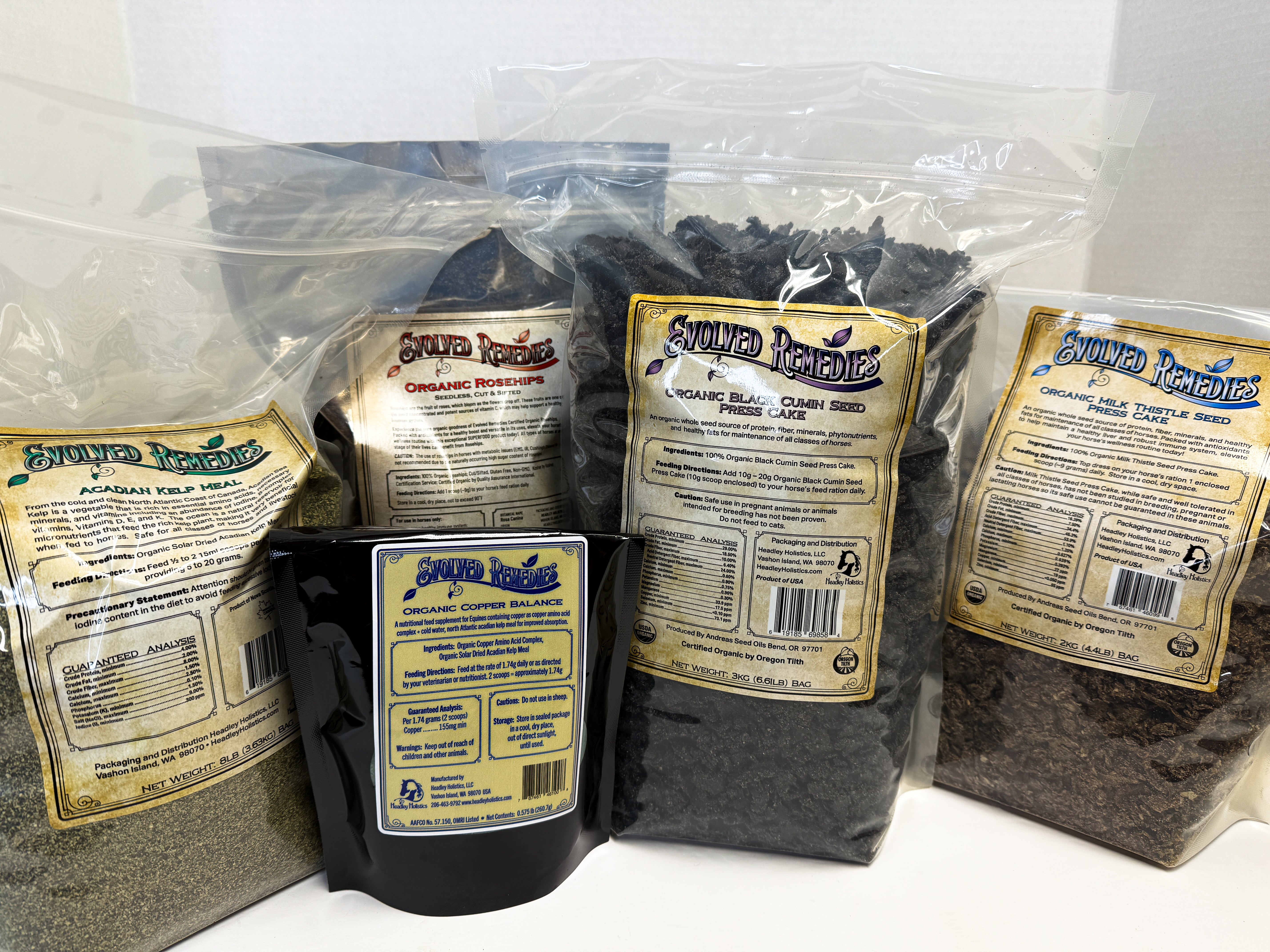
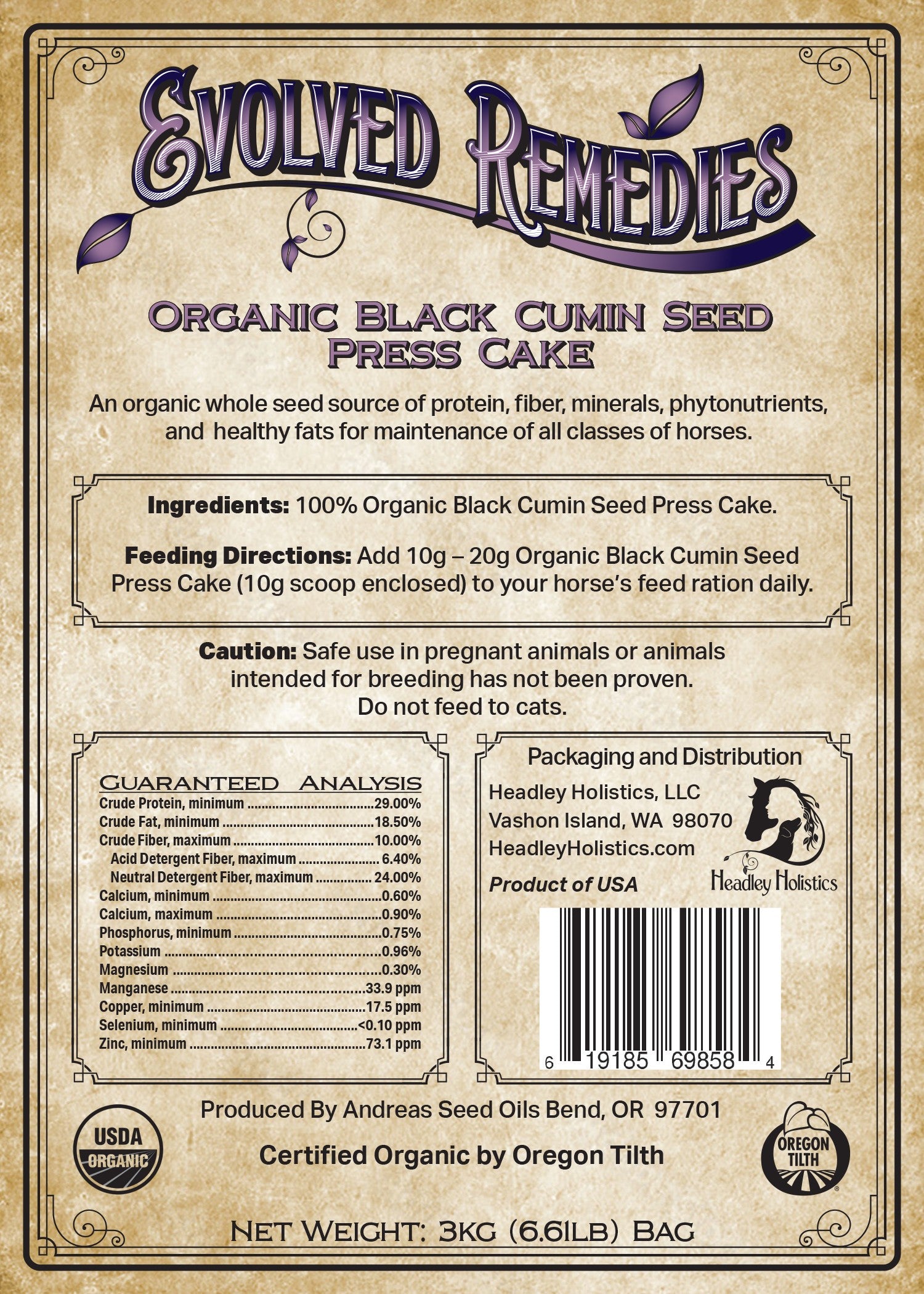
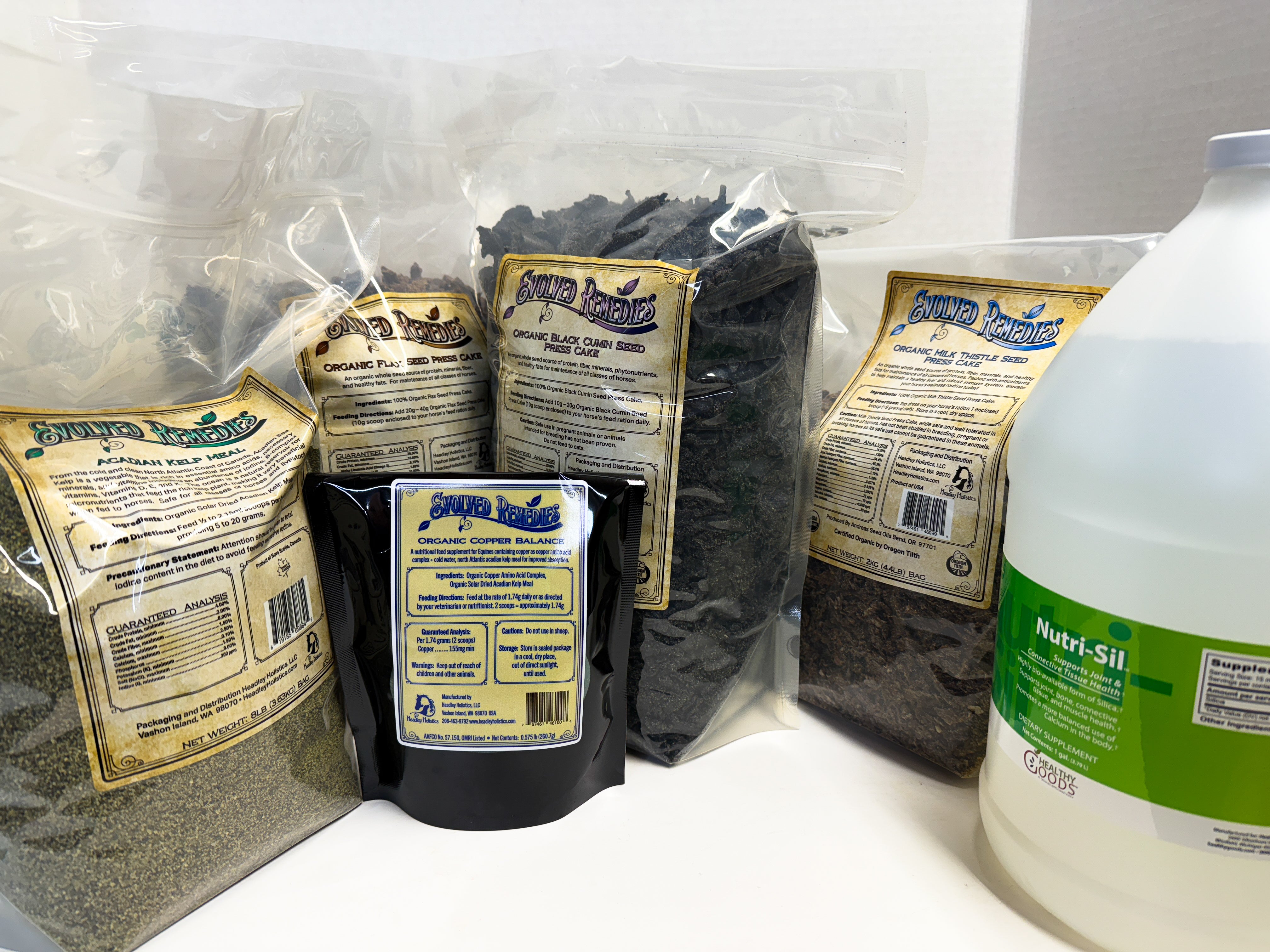
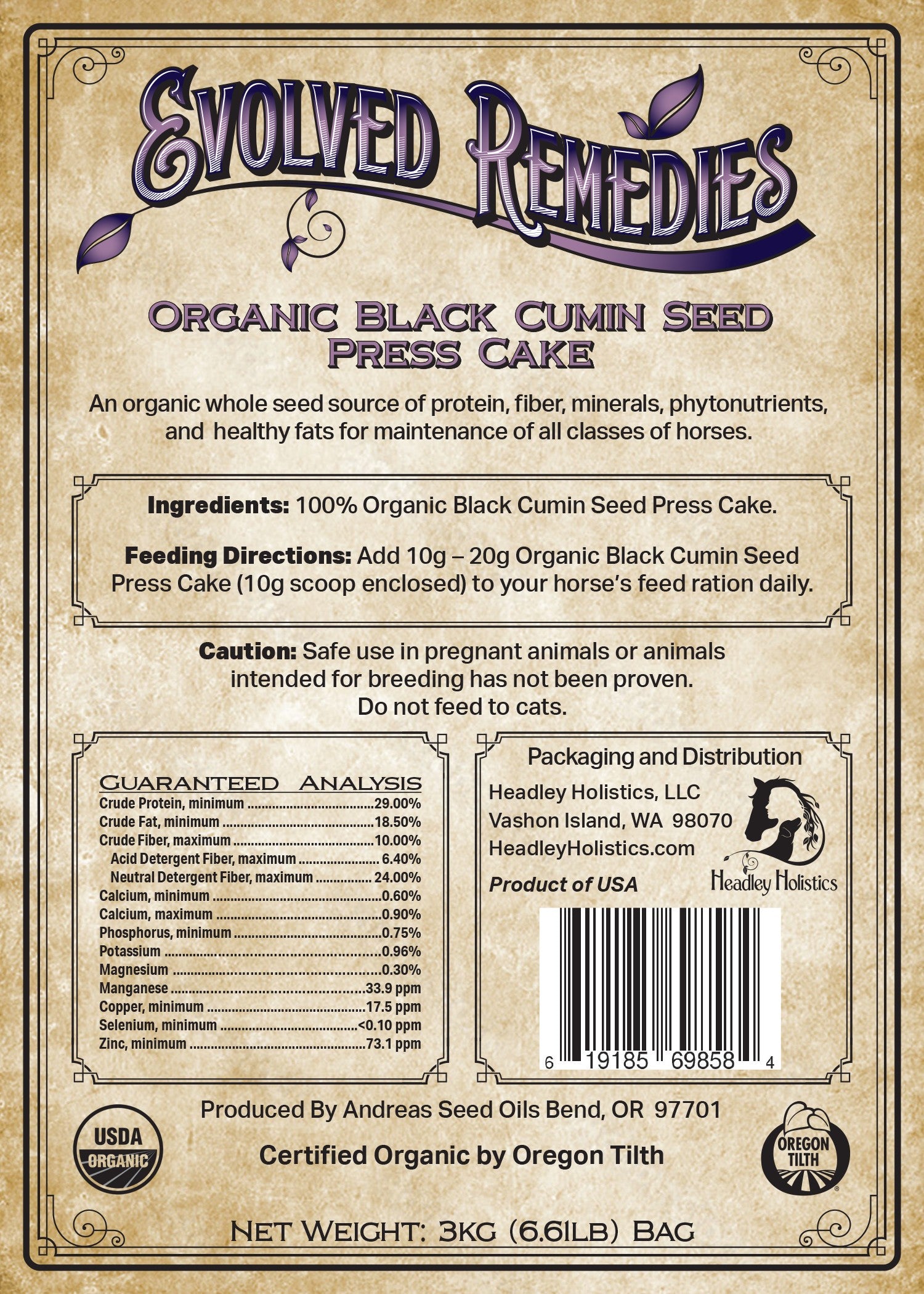
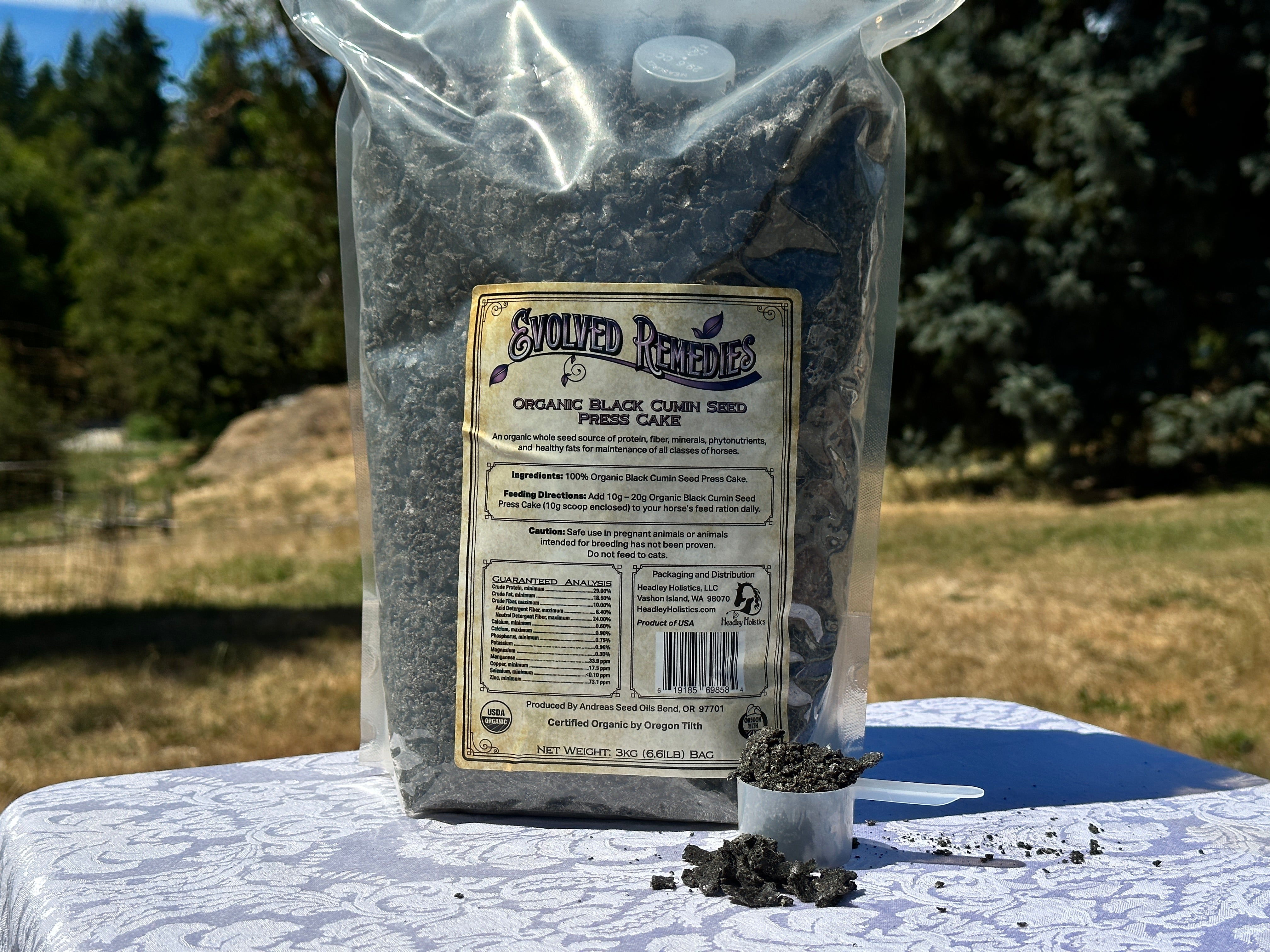
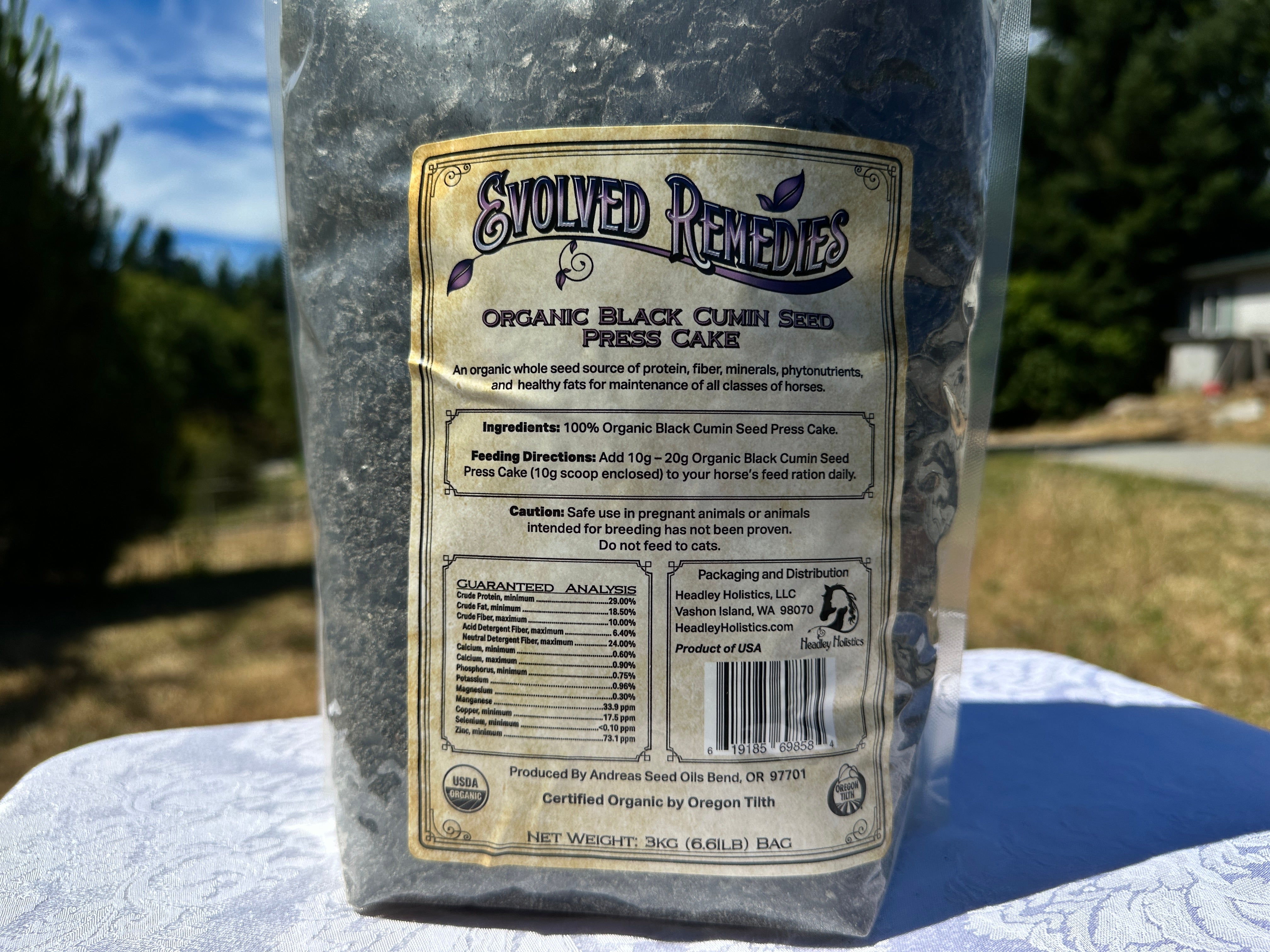
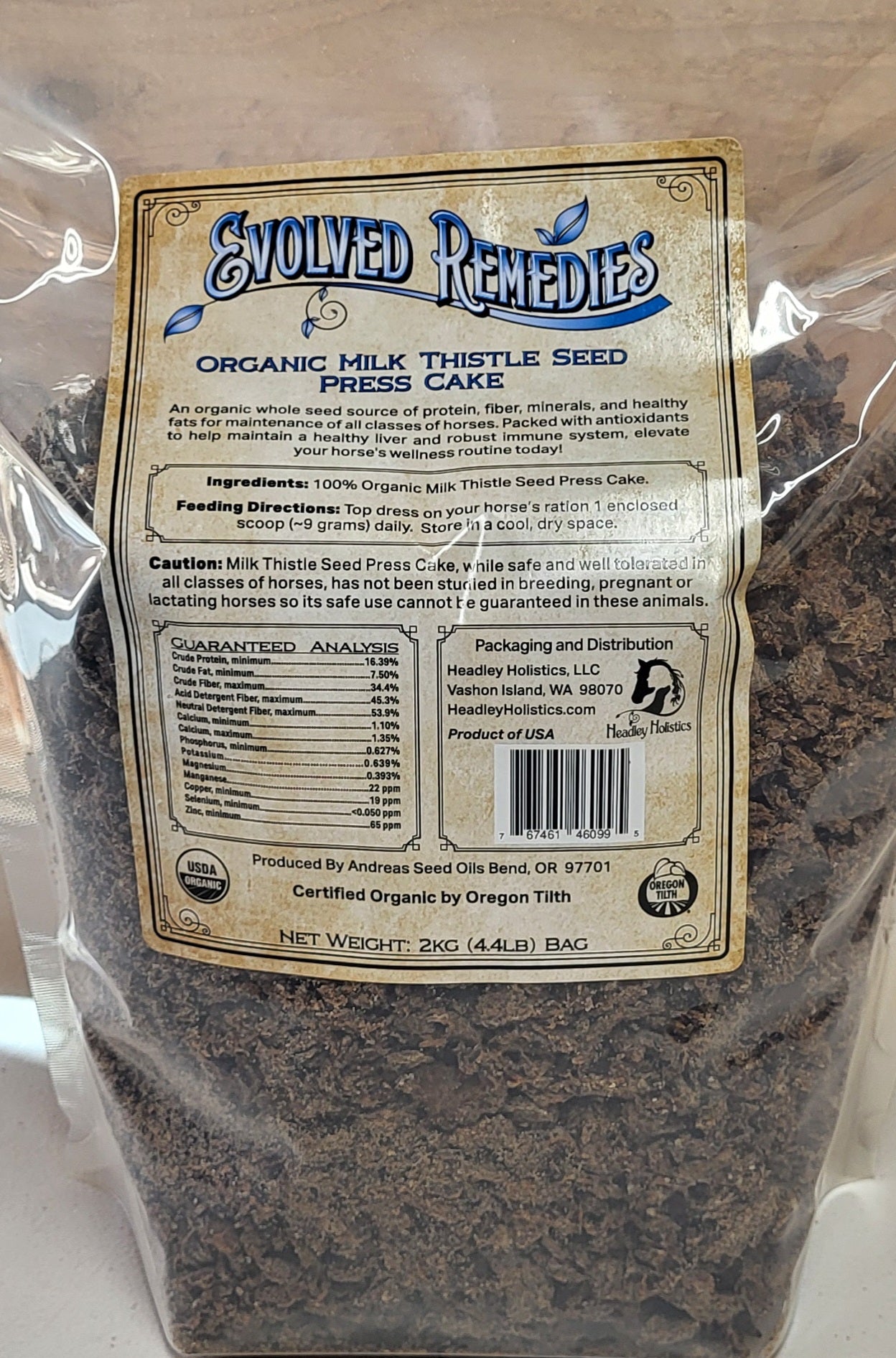
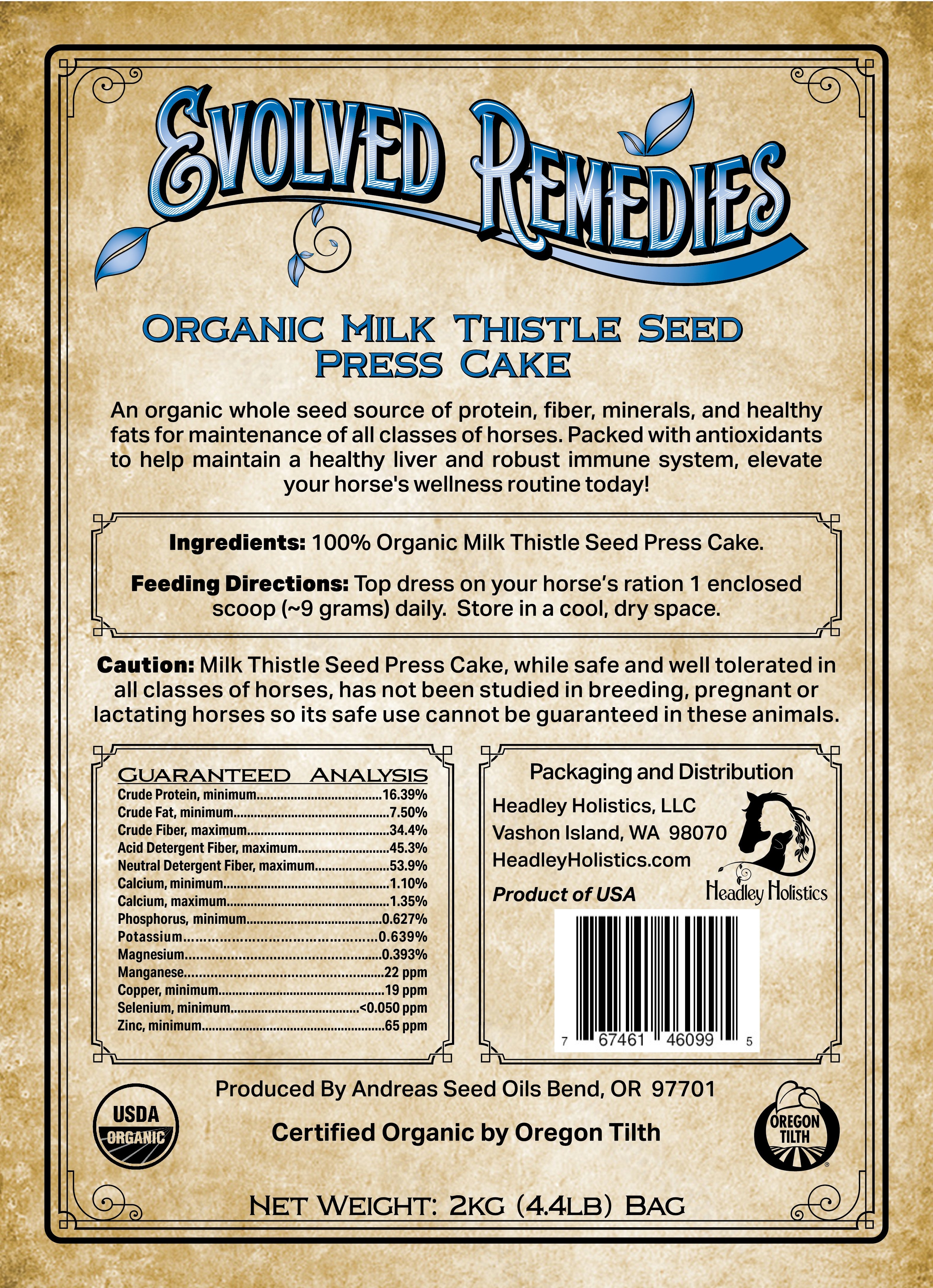
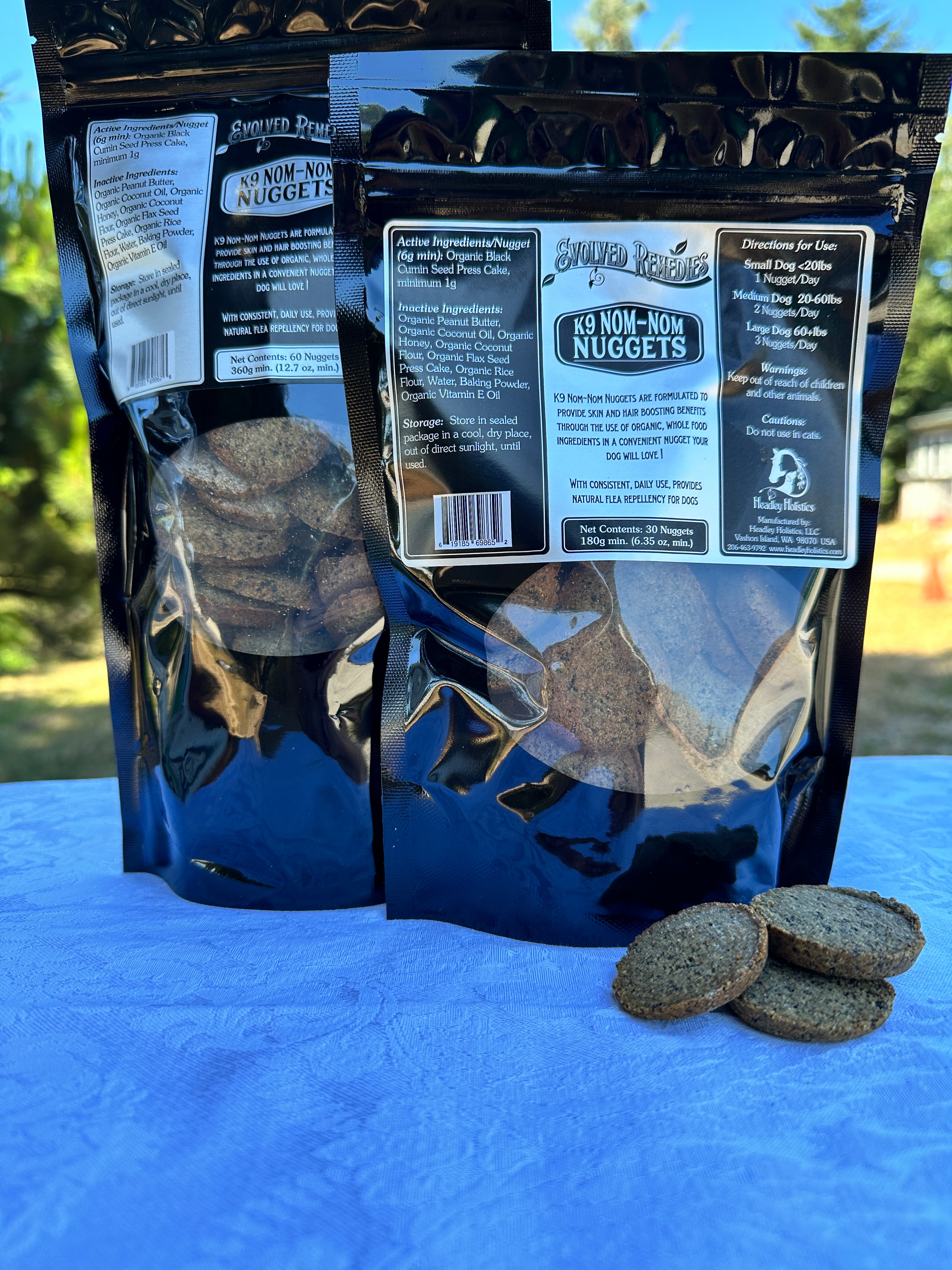
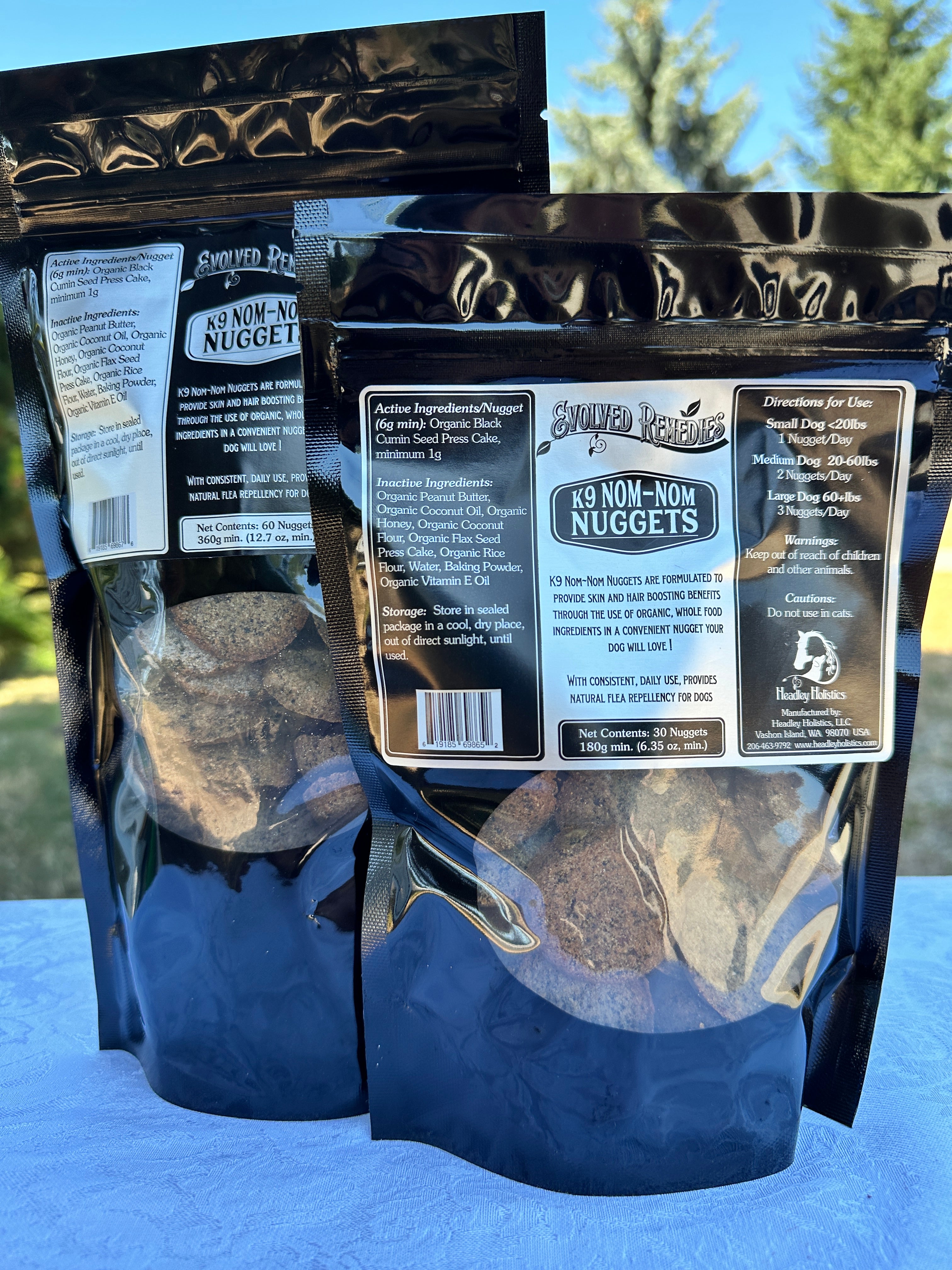
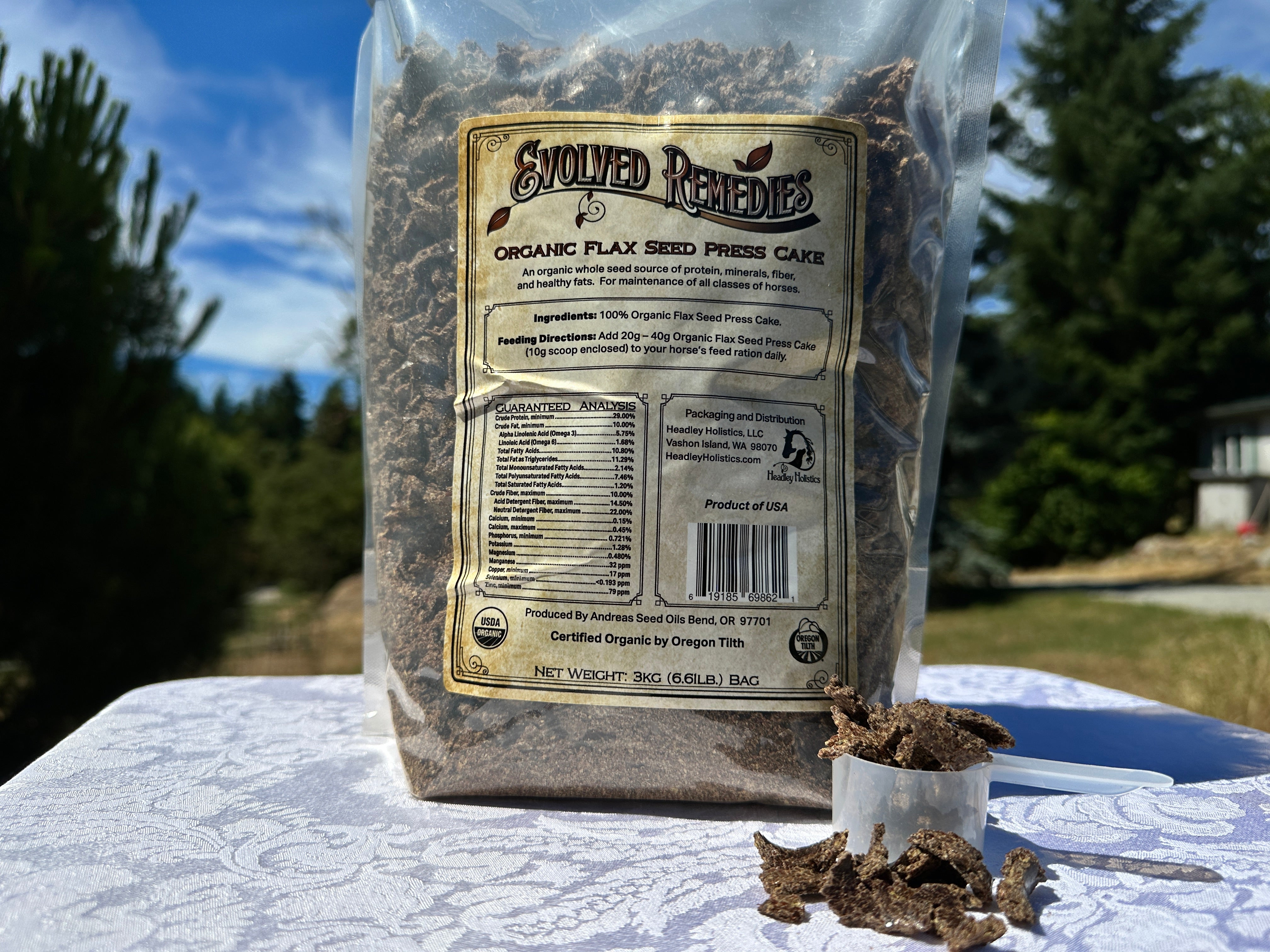
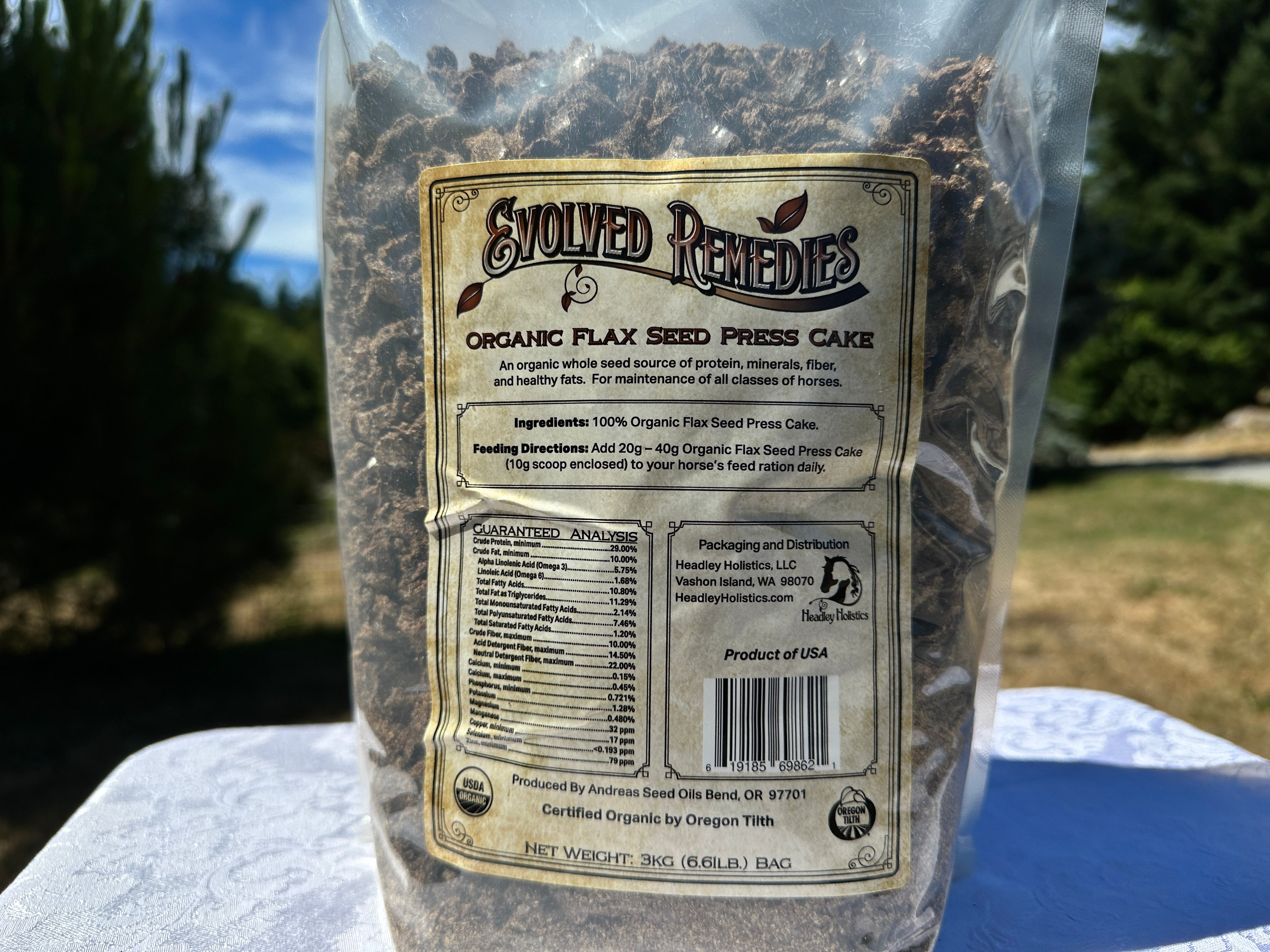
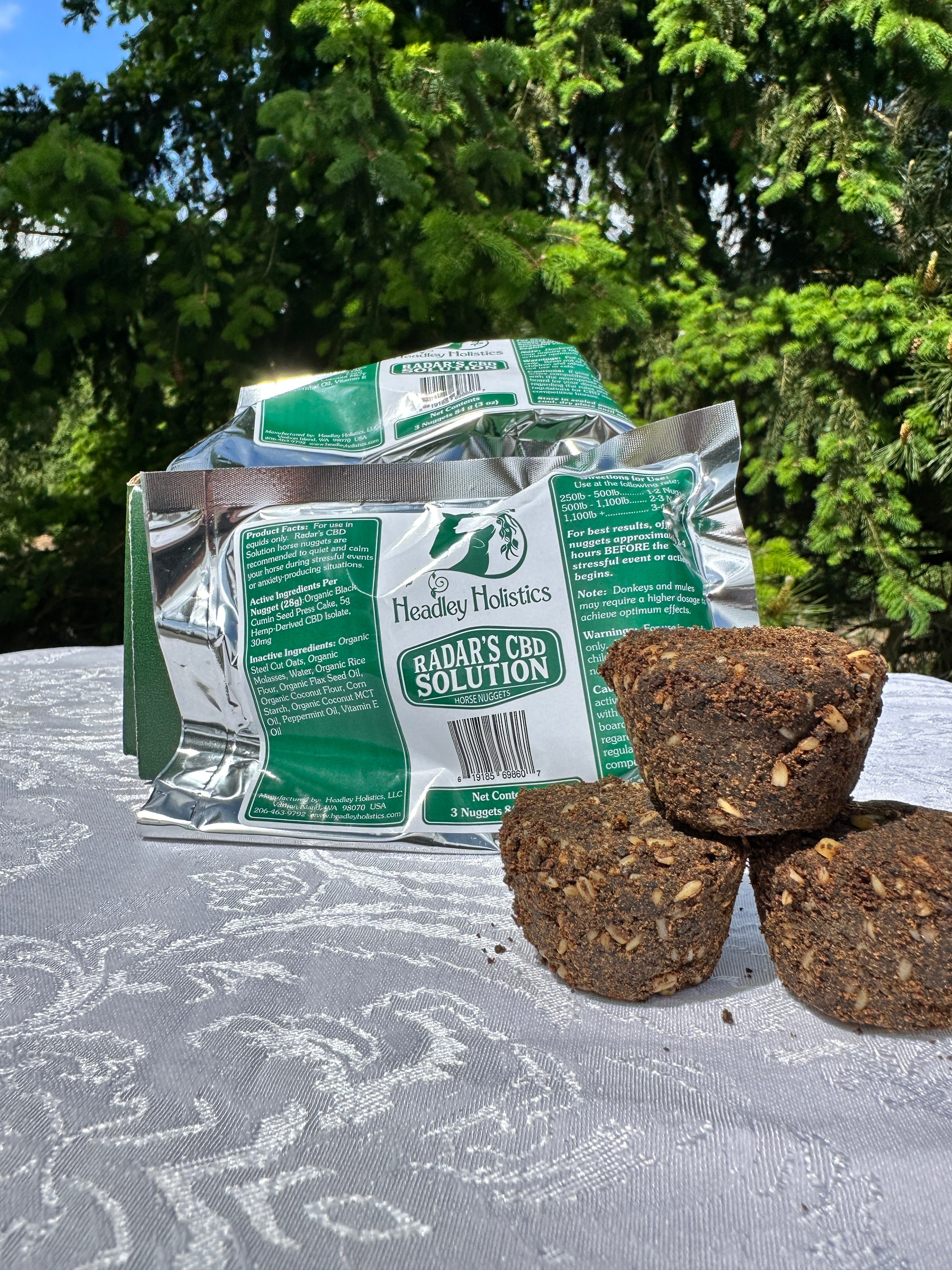
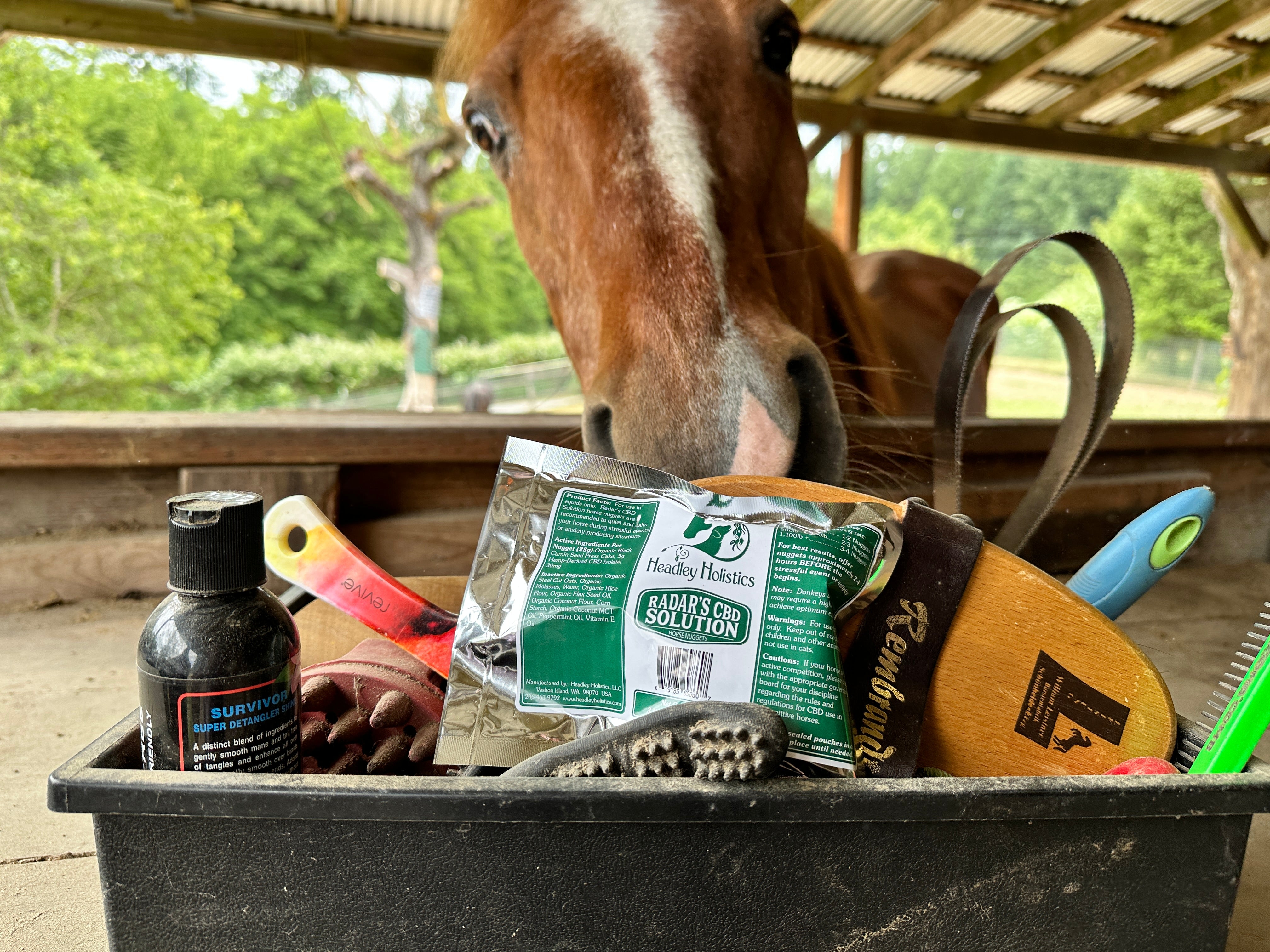
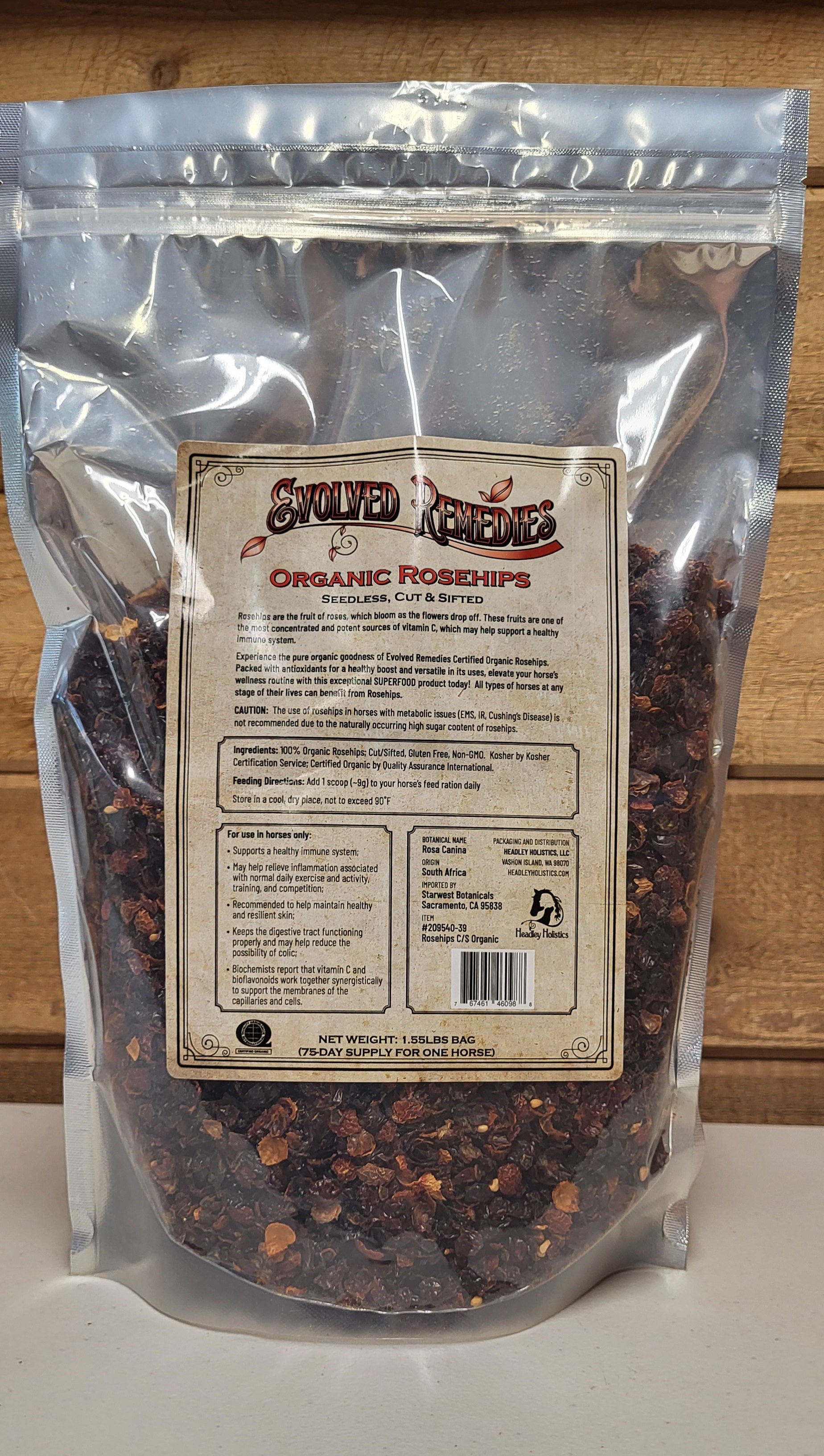
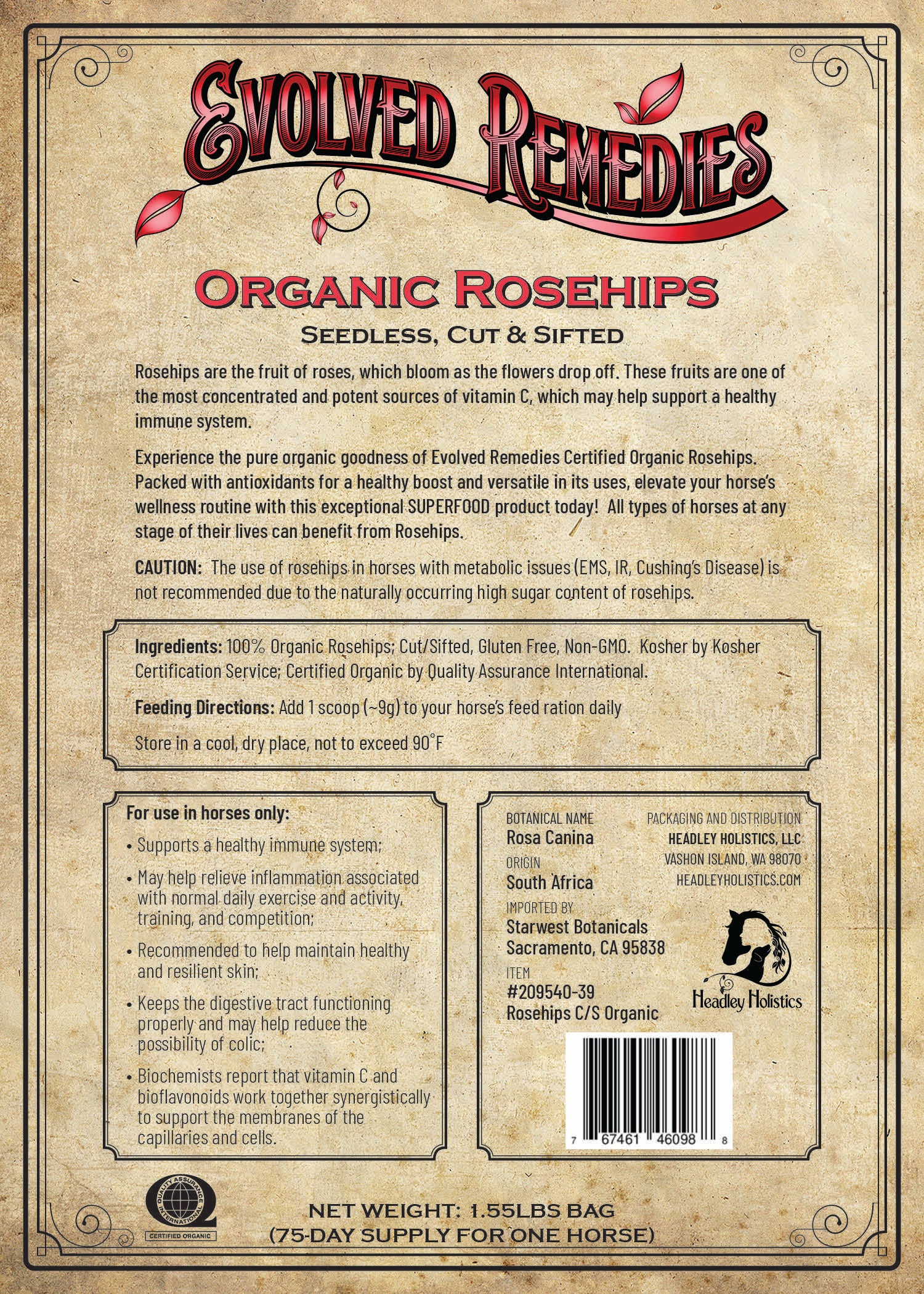
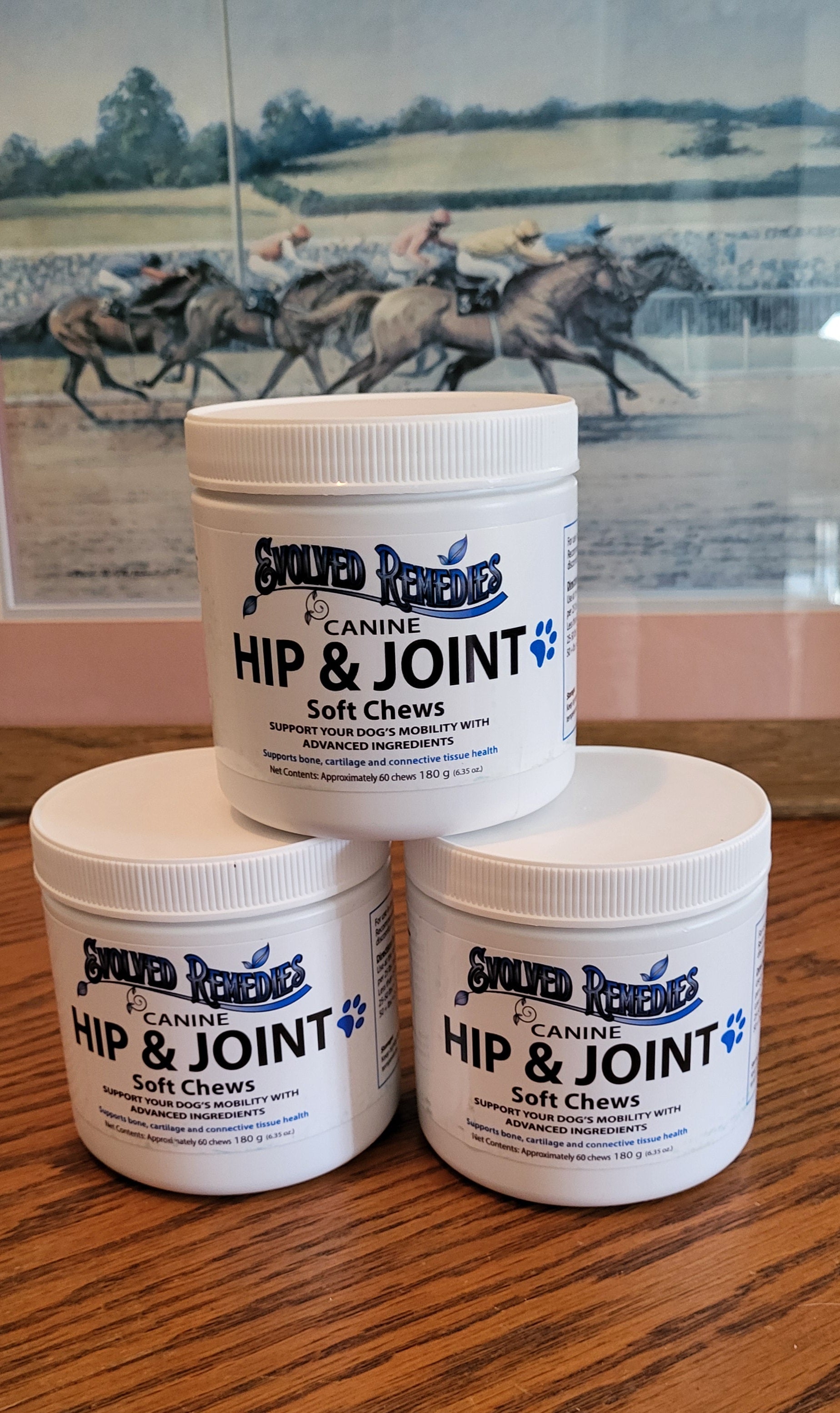
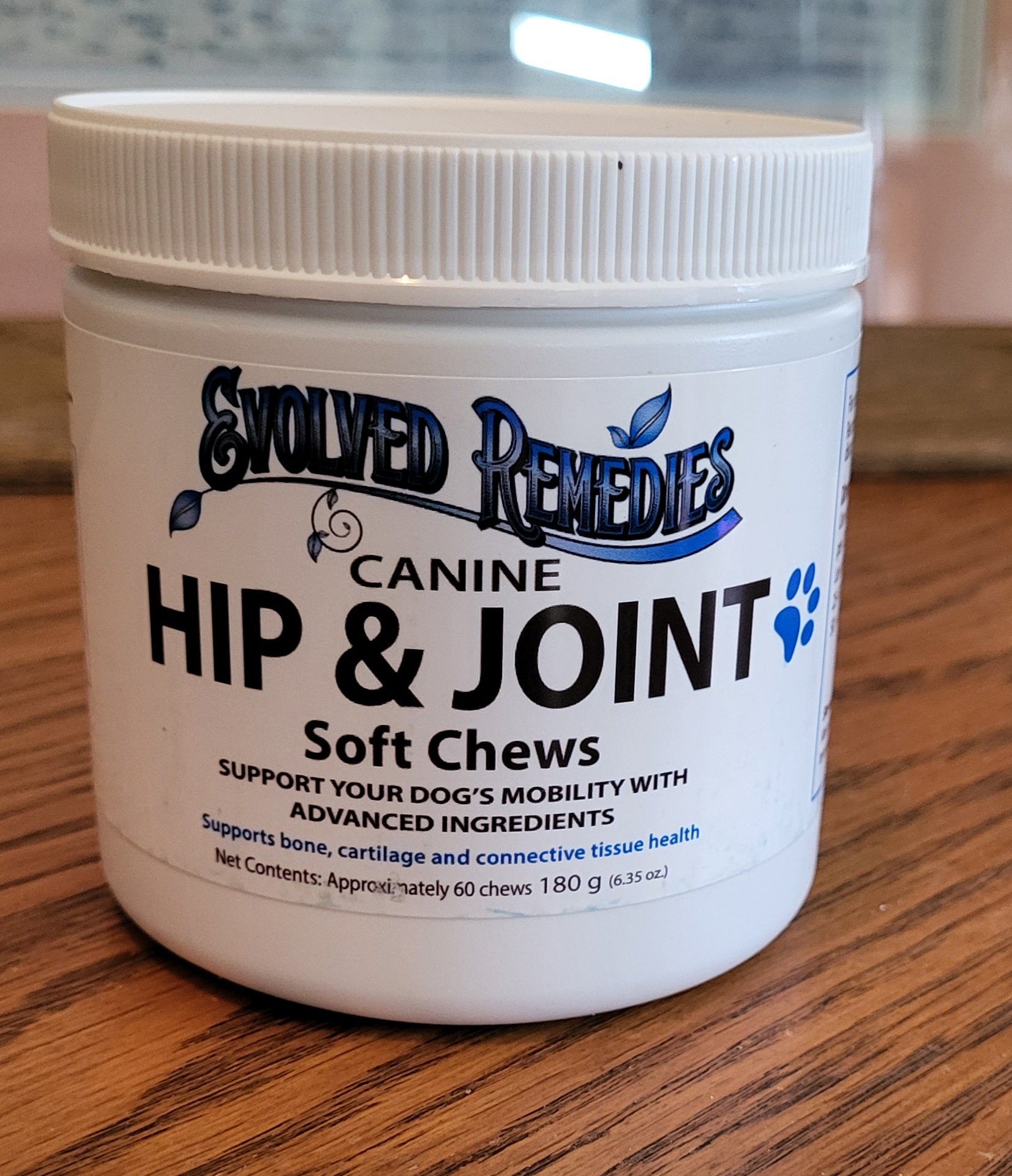
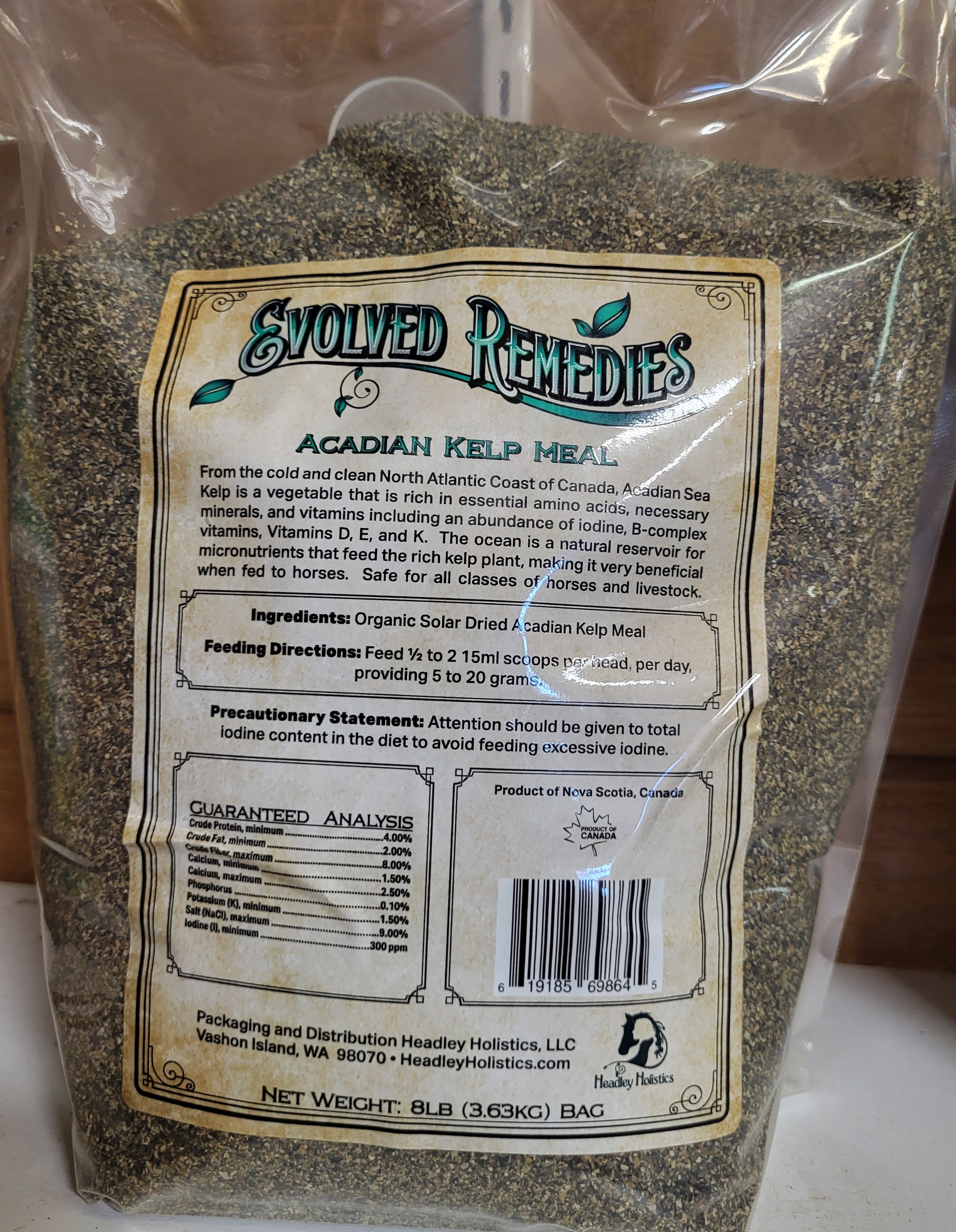
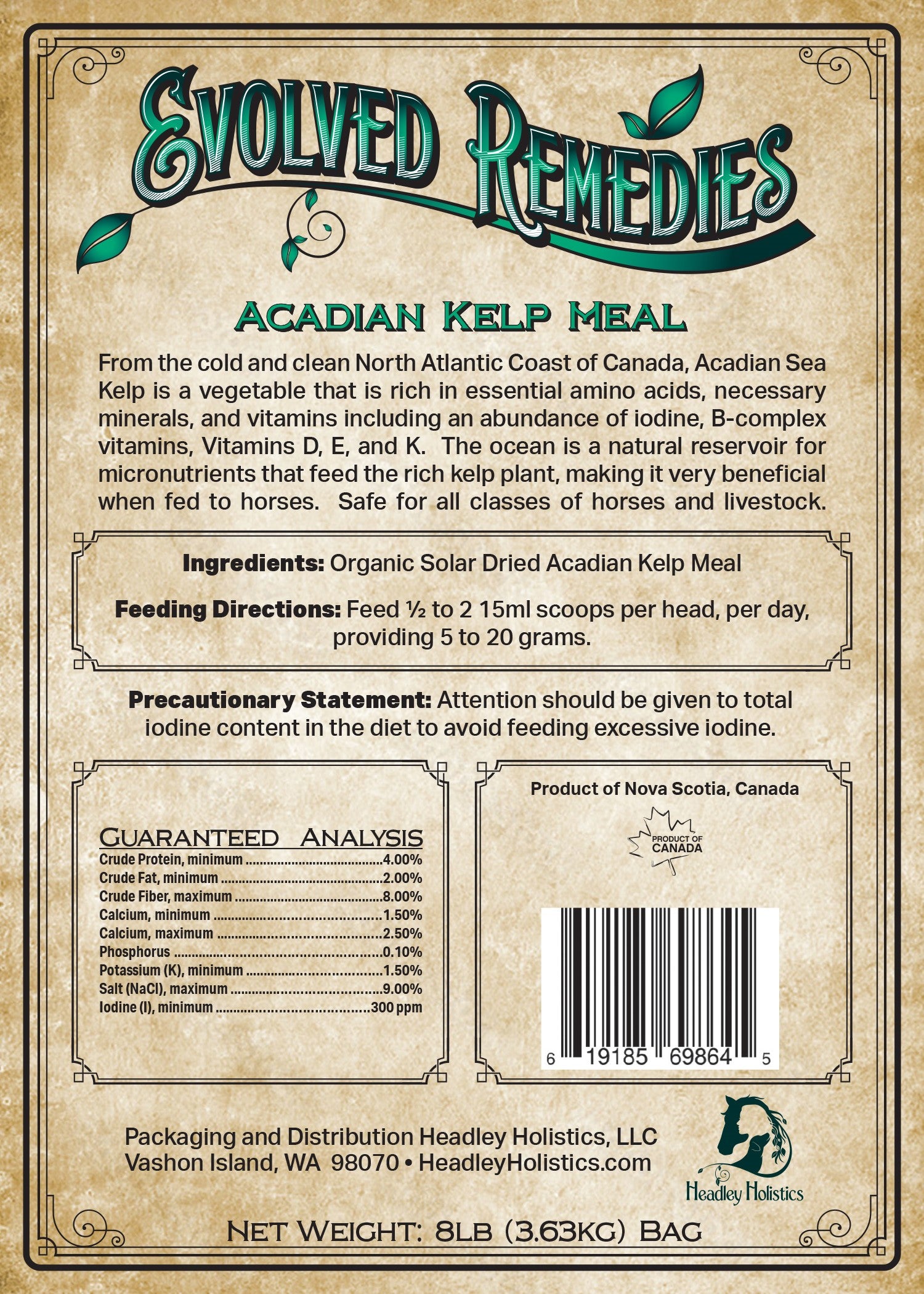
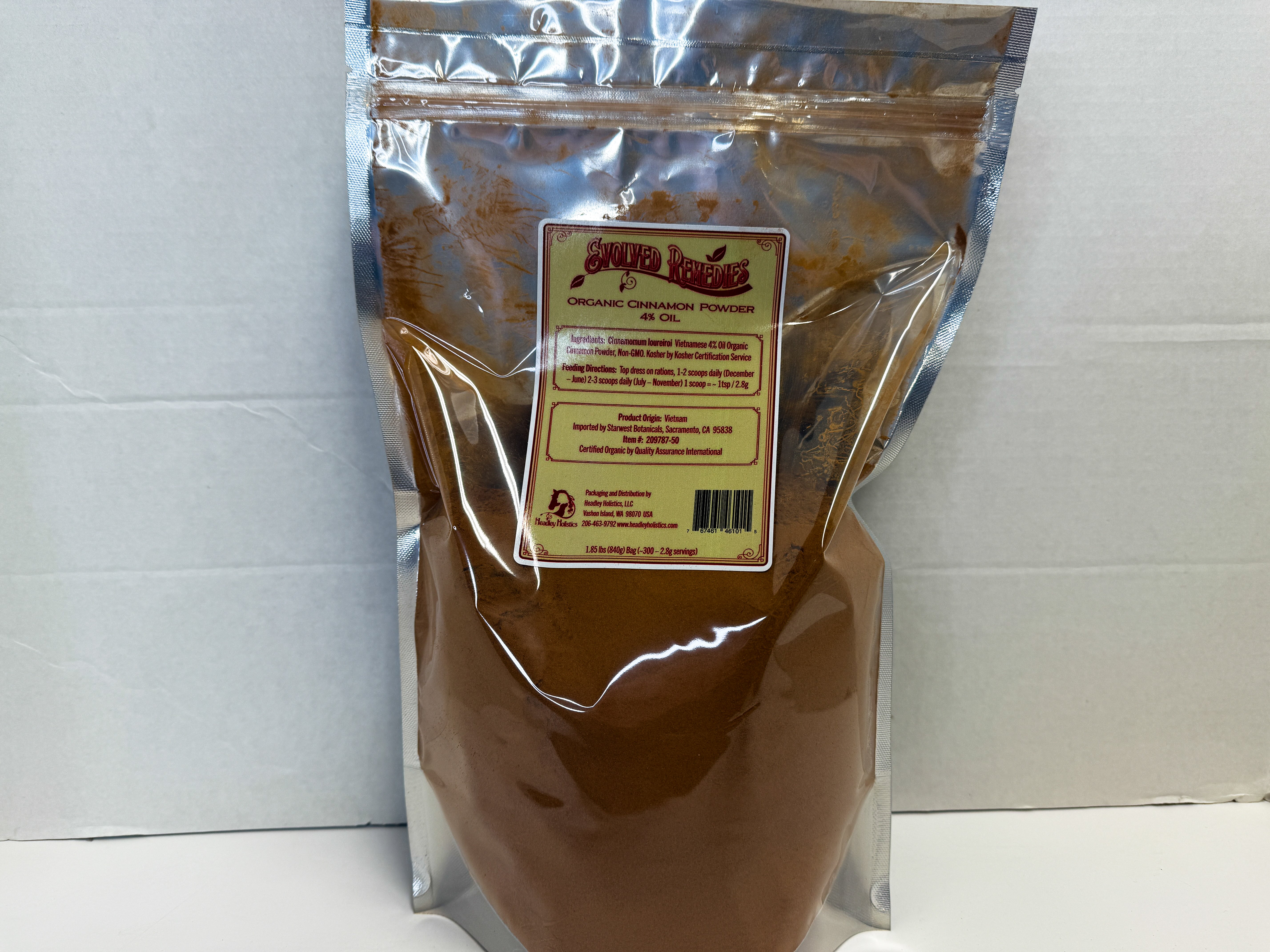
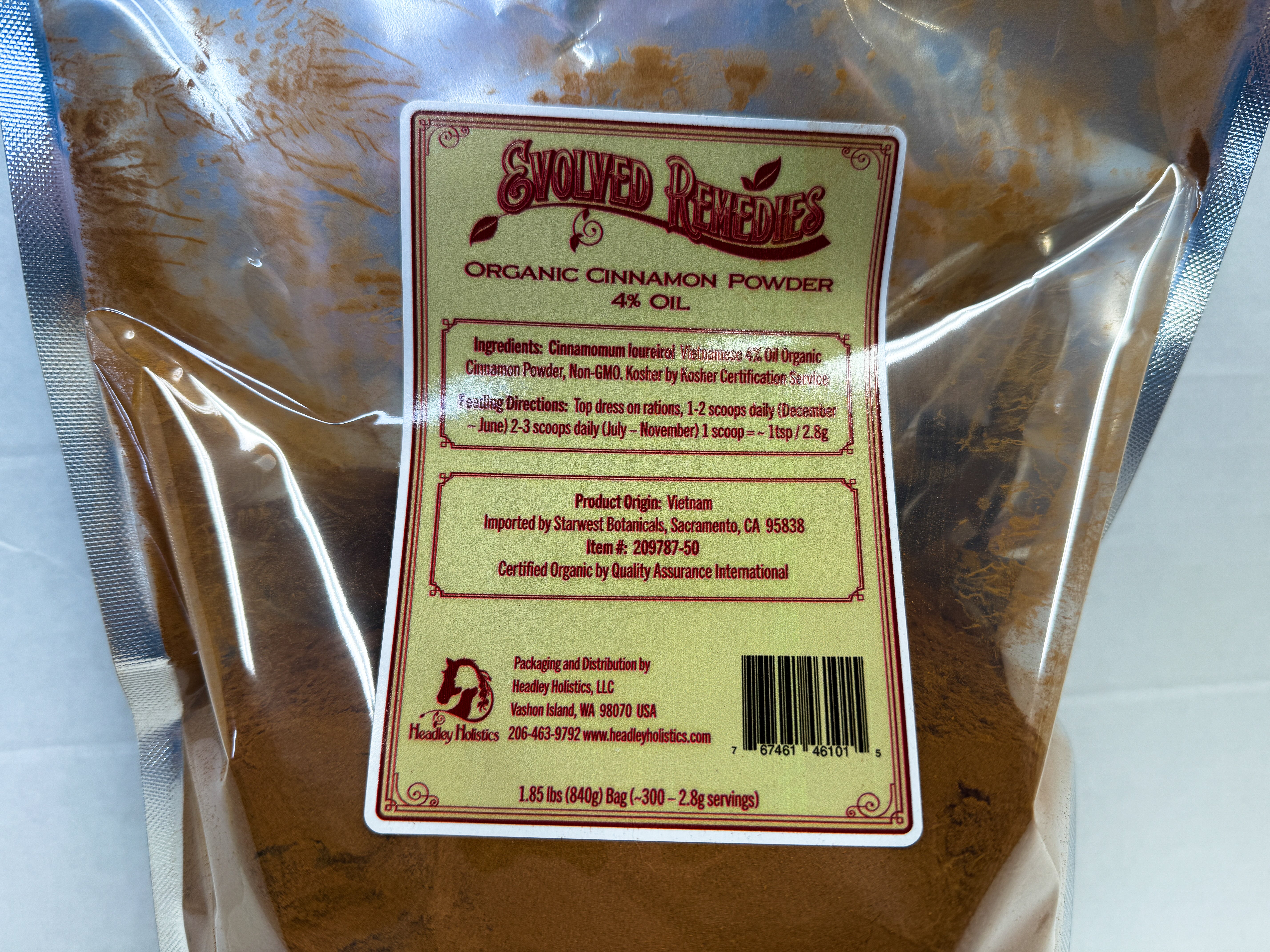
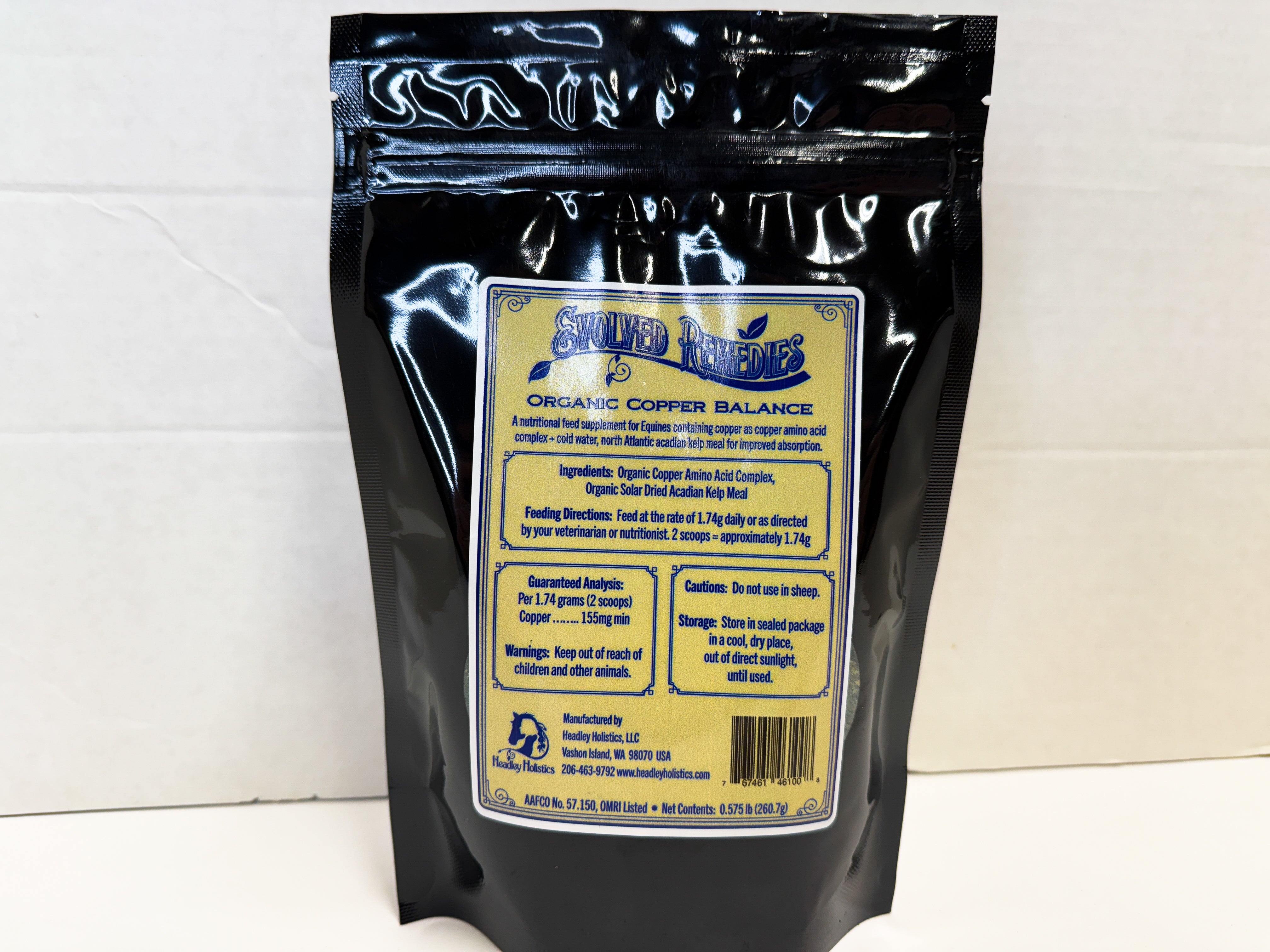
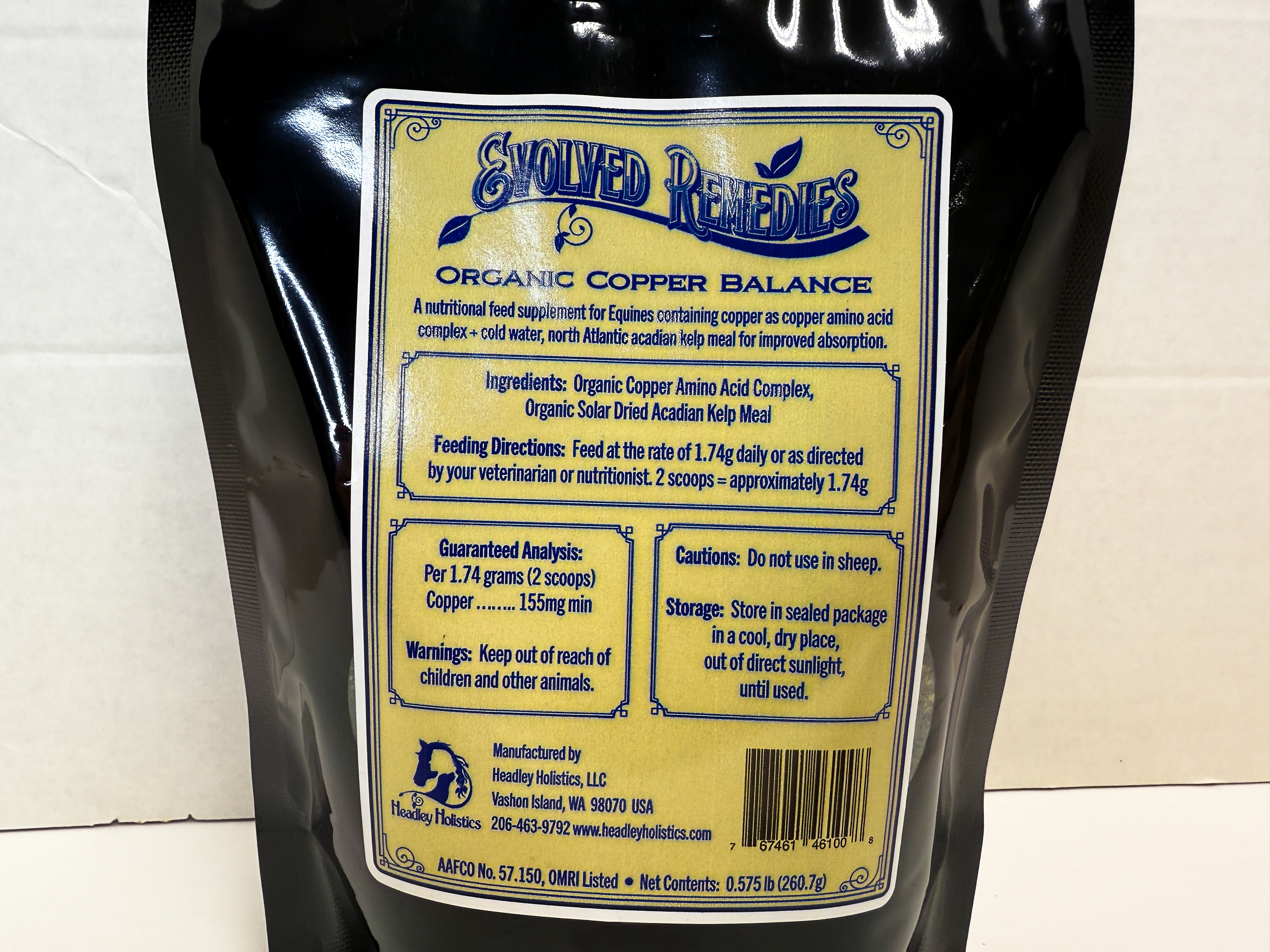
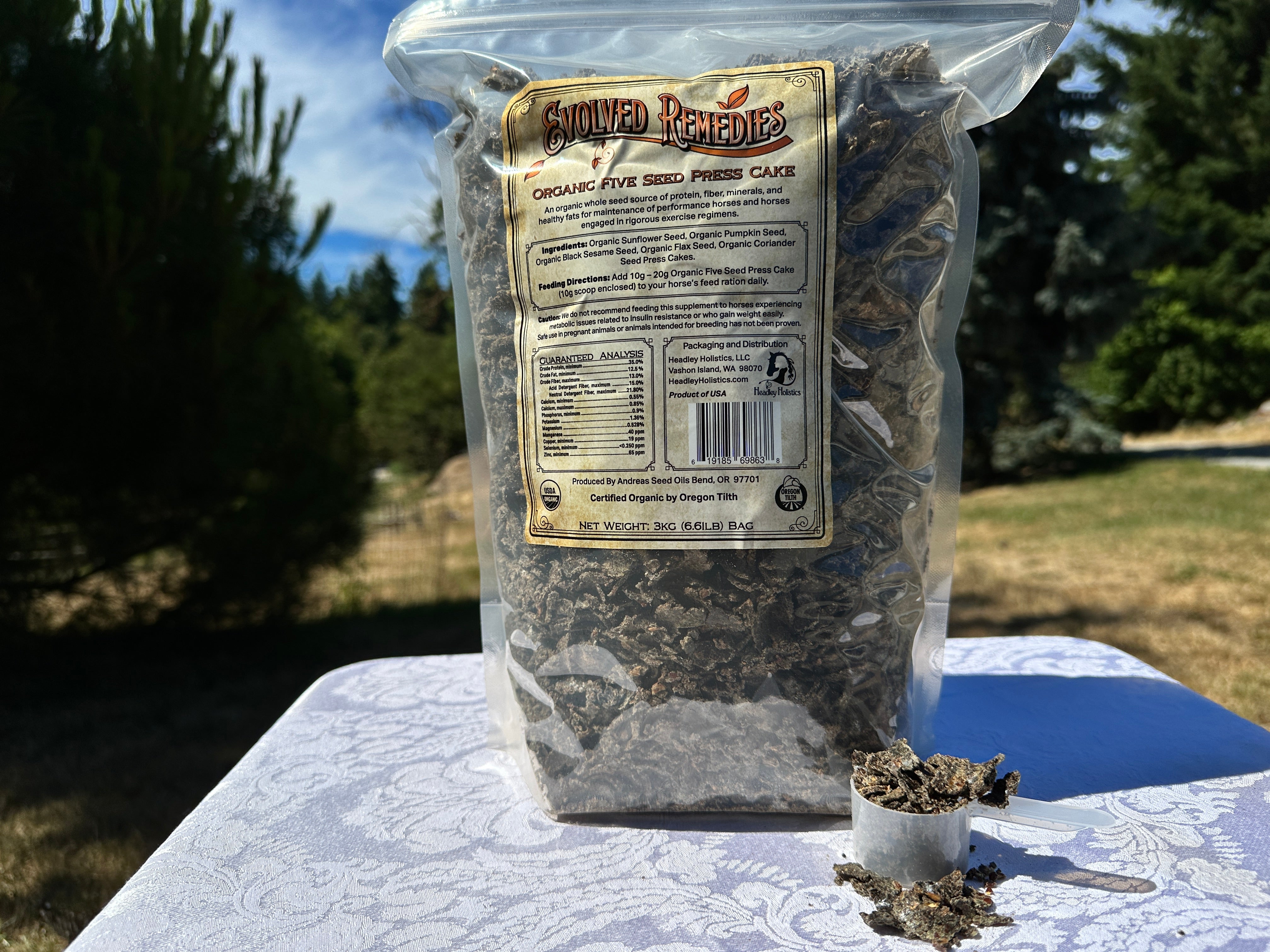
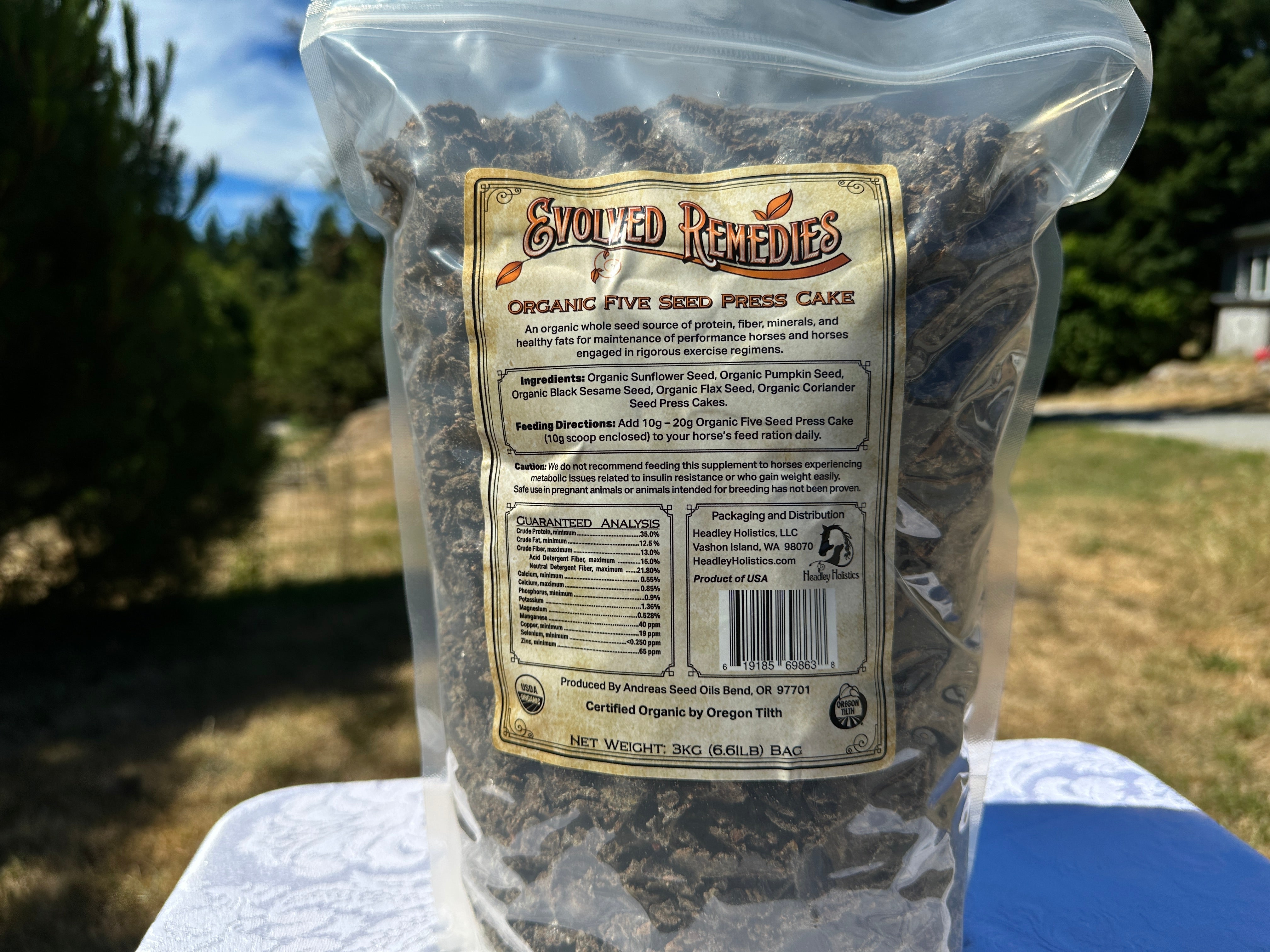
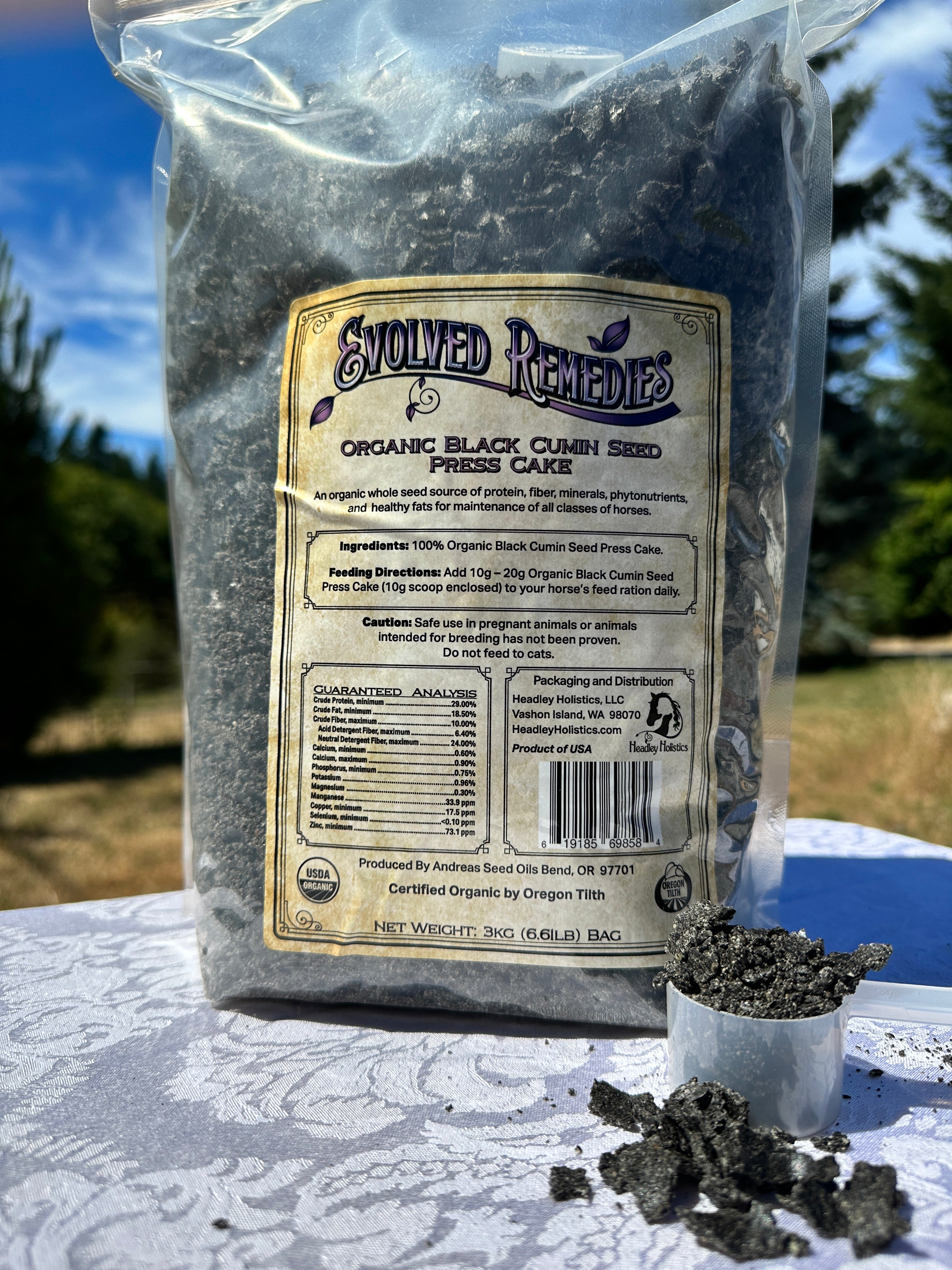
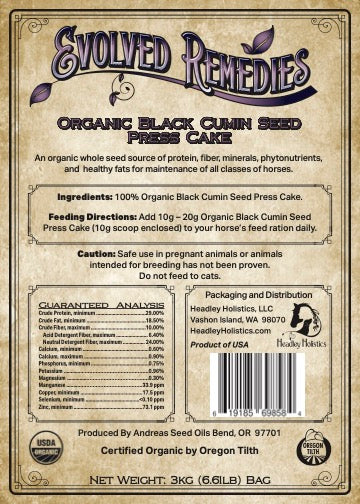
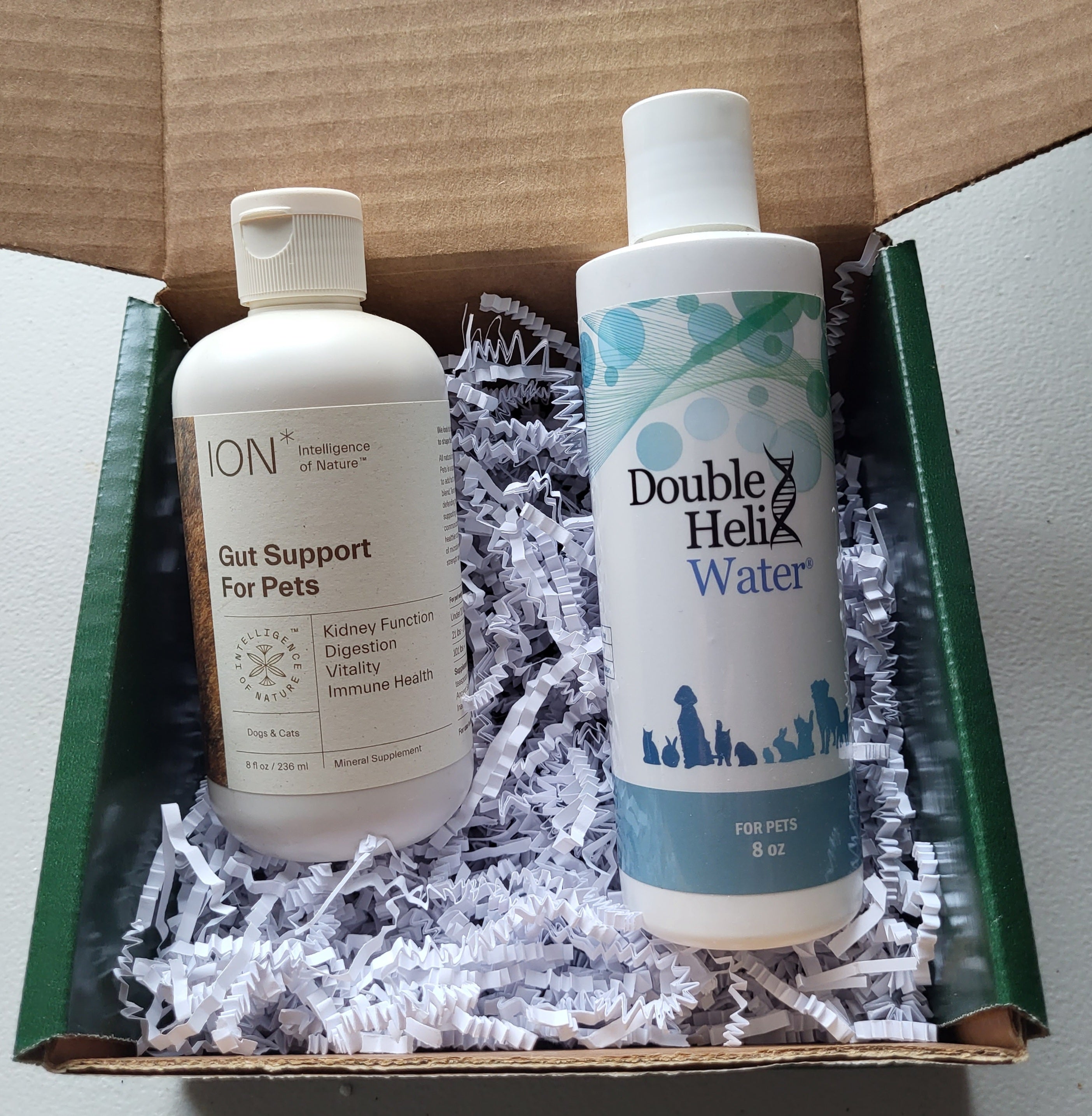
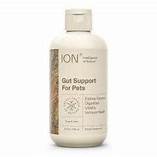
Leave a comment
This site is protected by hCaptcha and the hCaptcha Privacy Policy and Terms of Service apply.